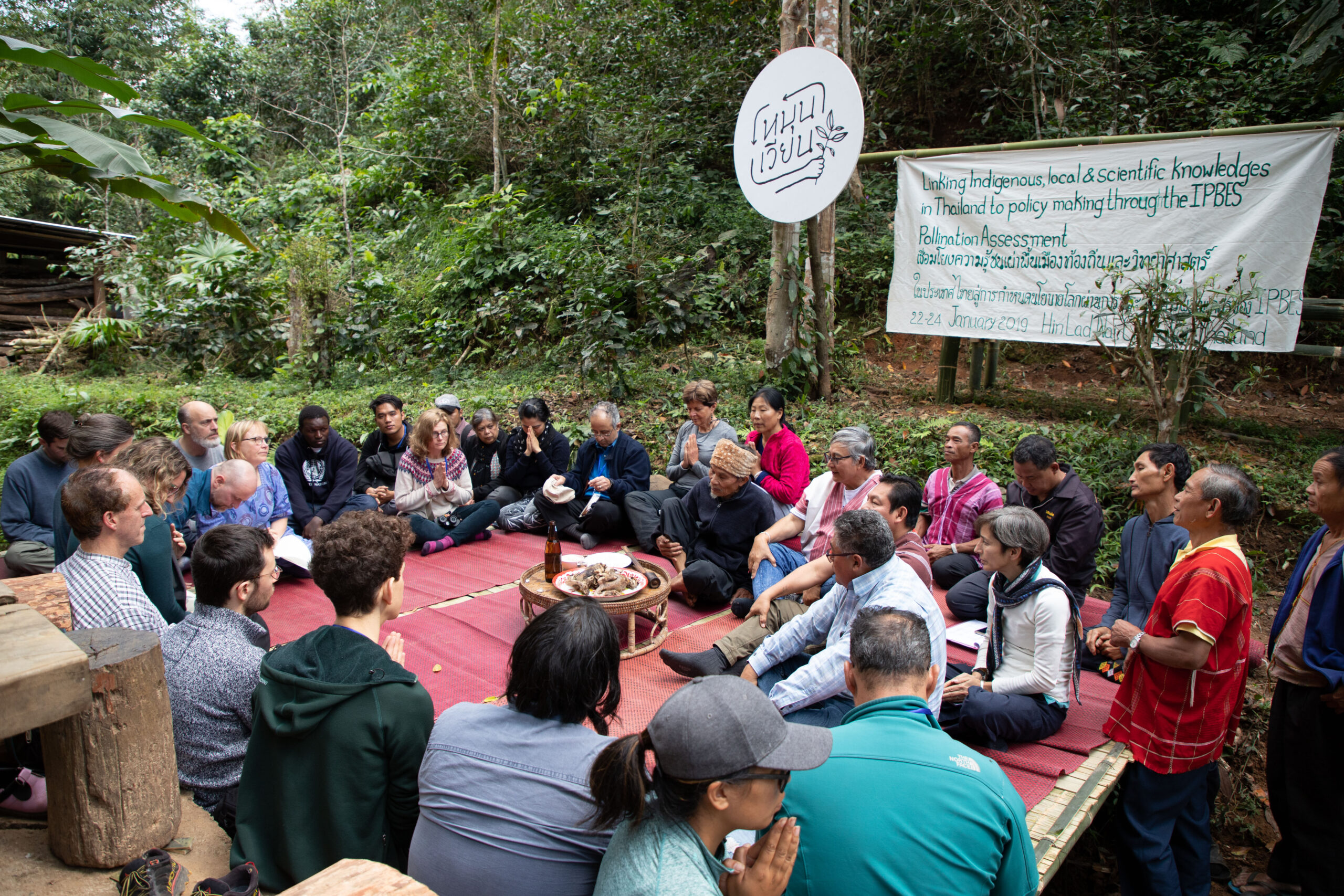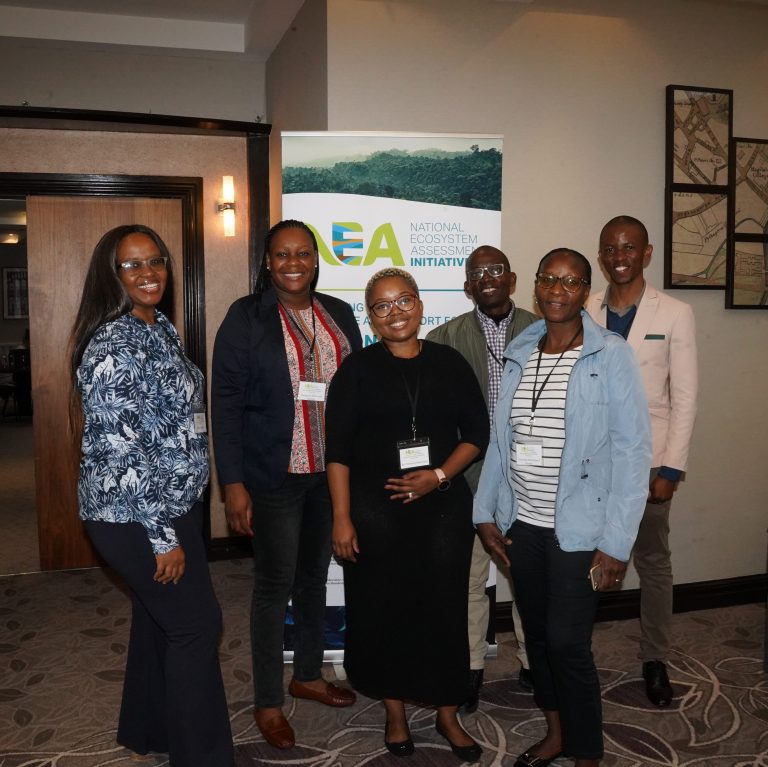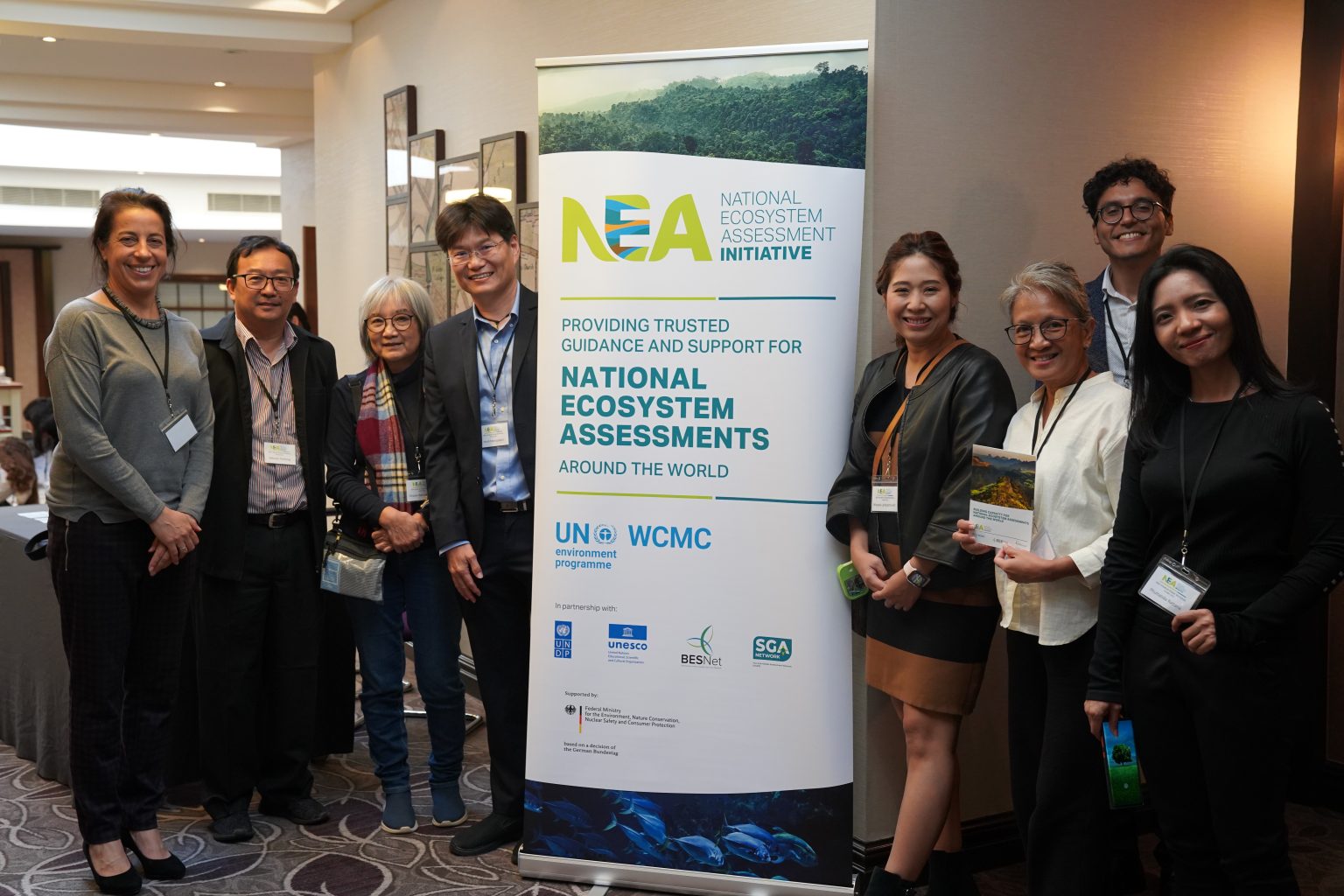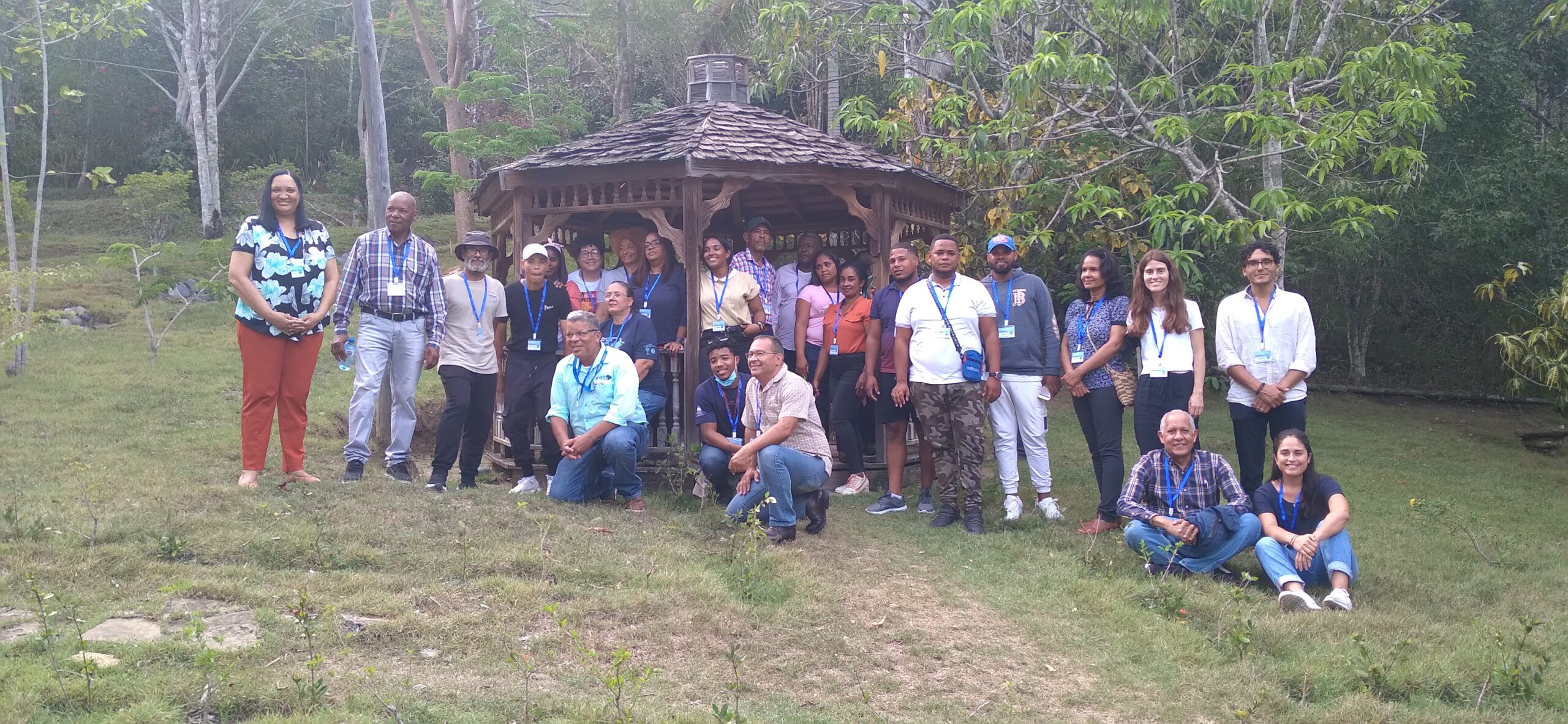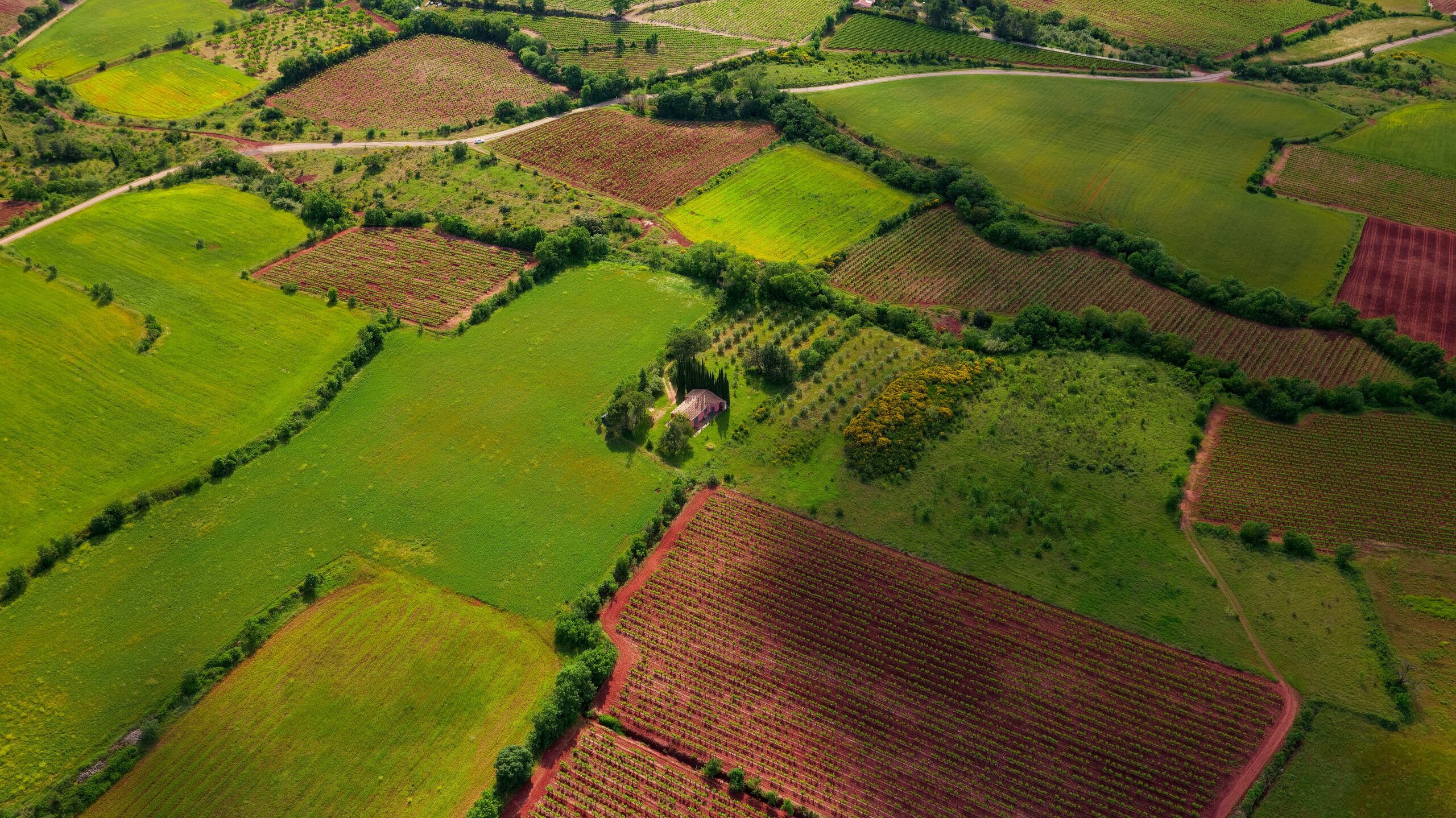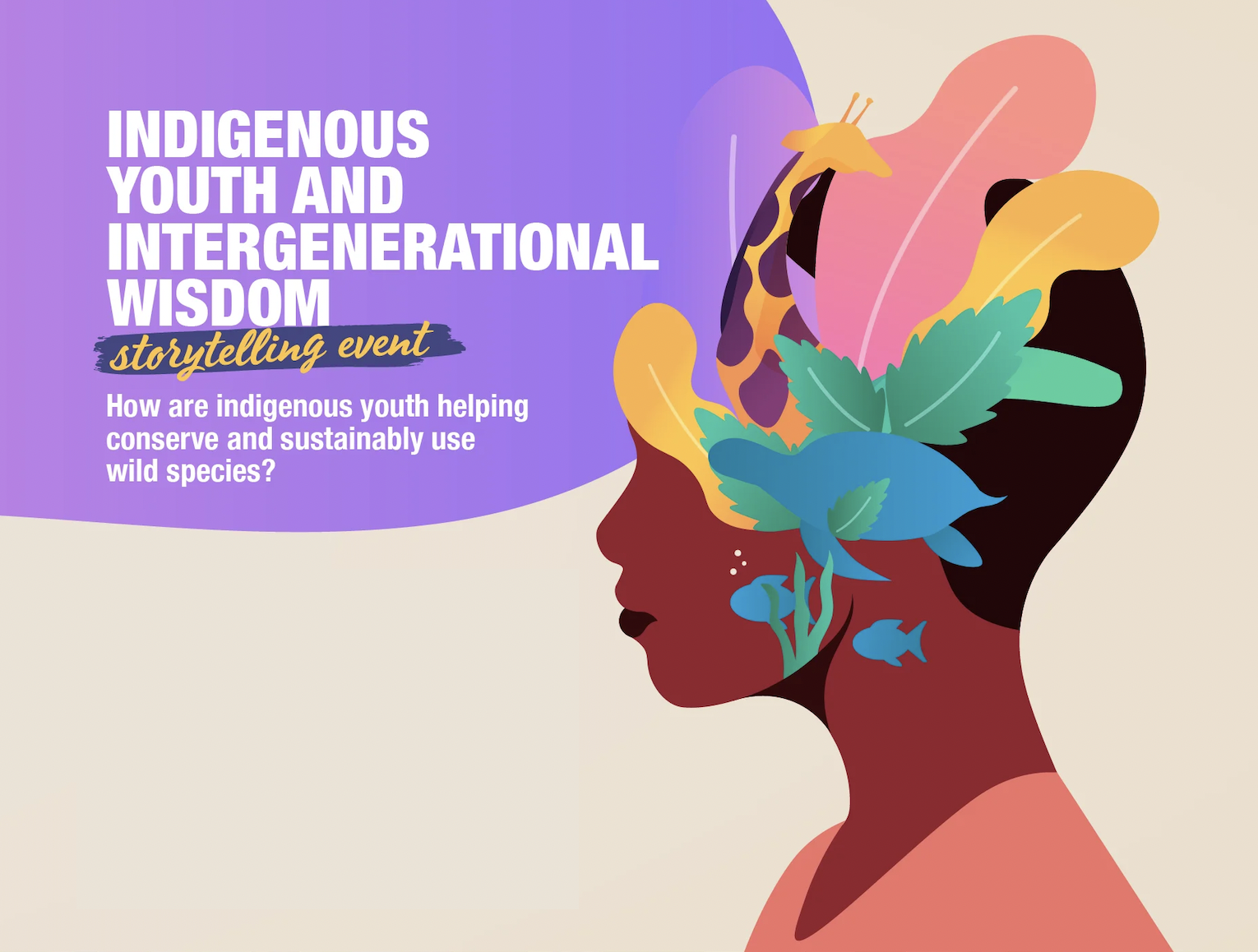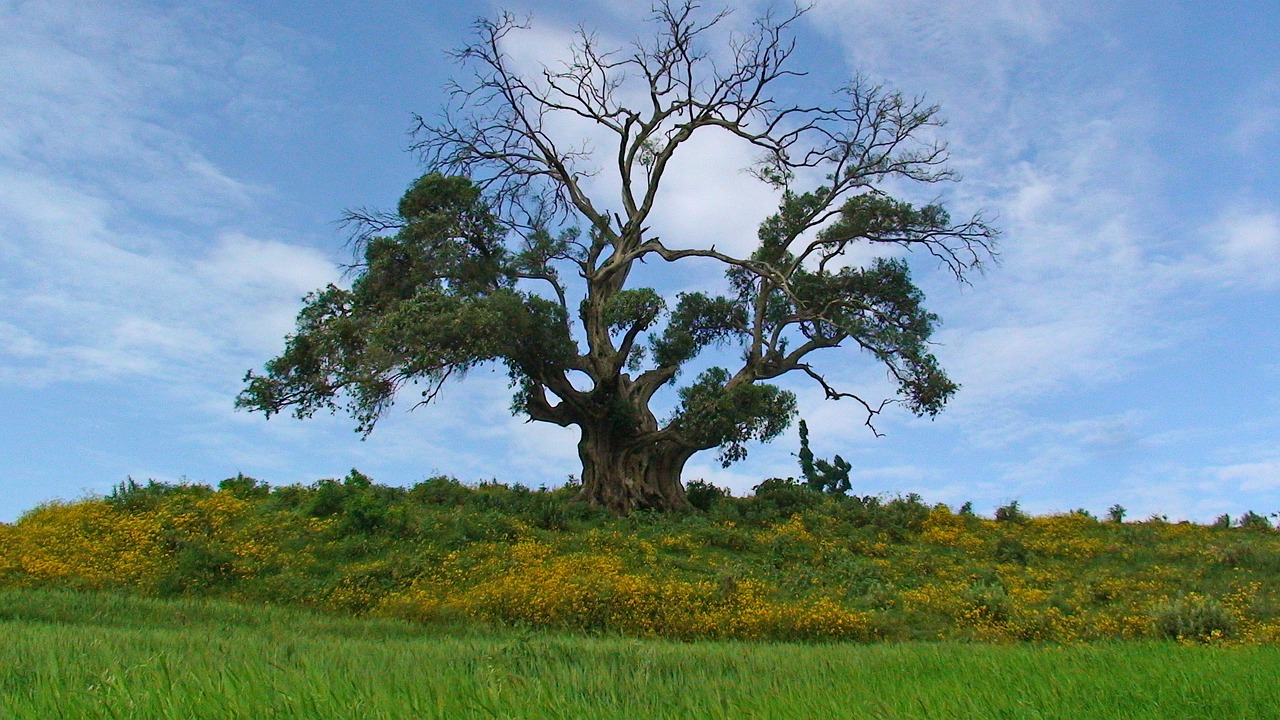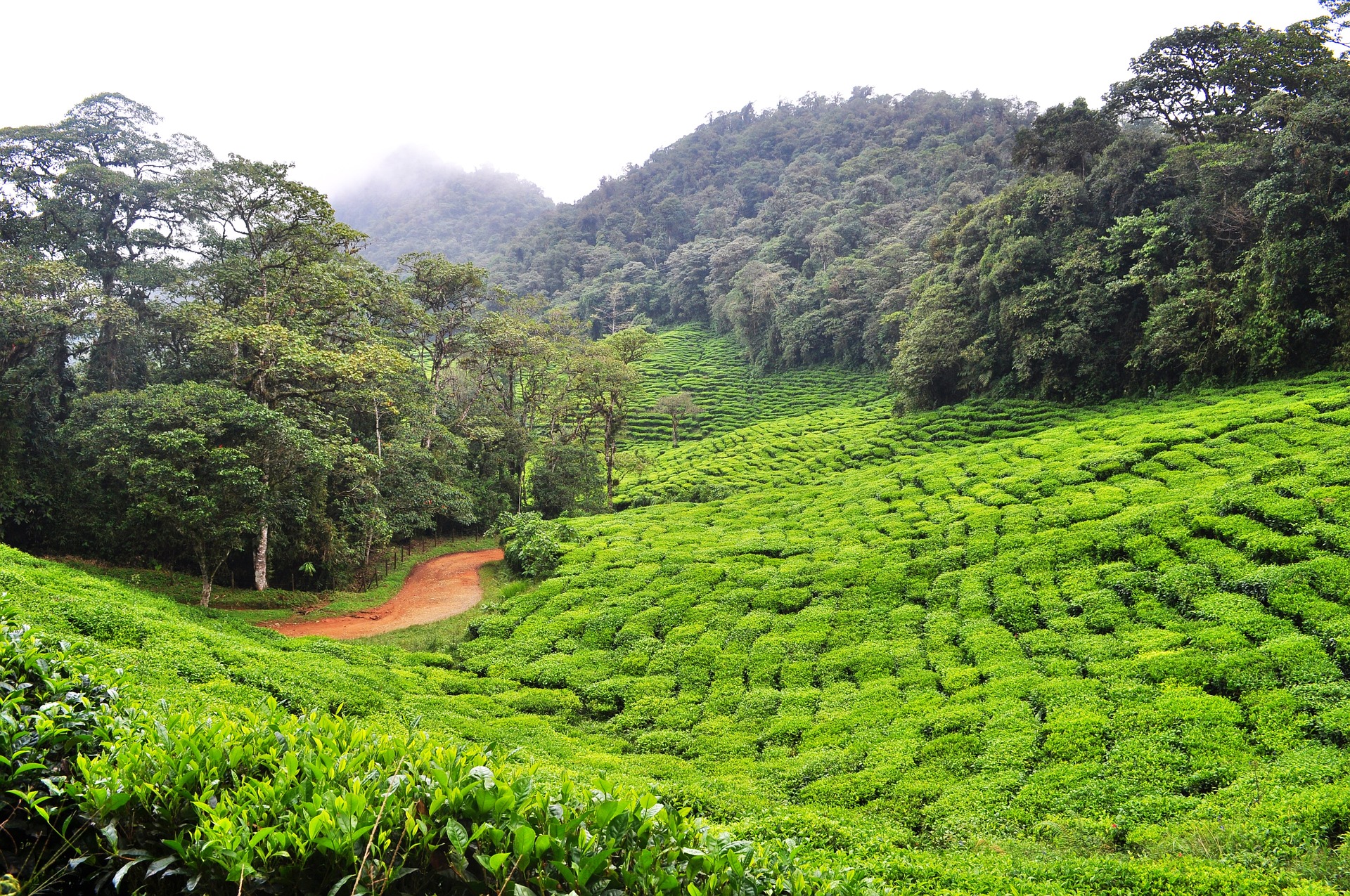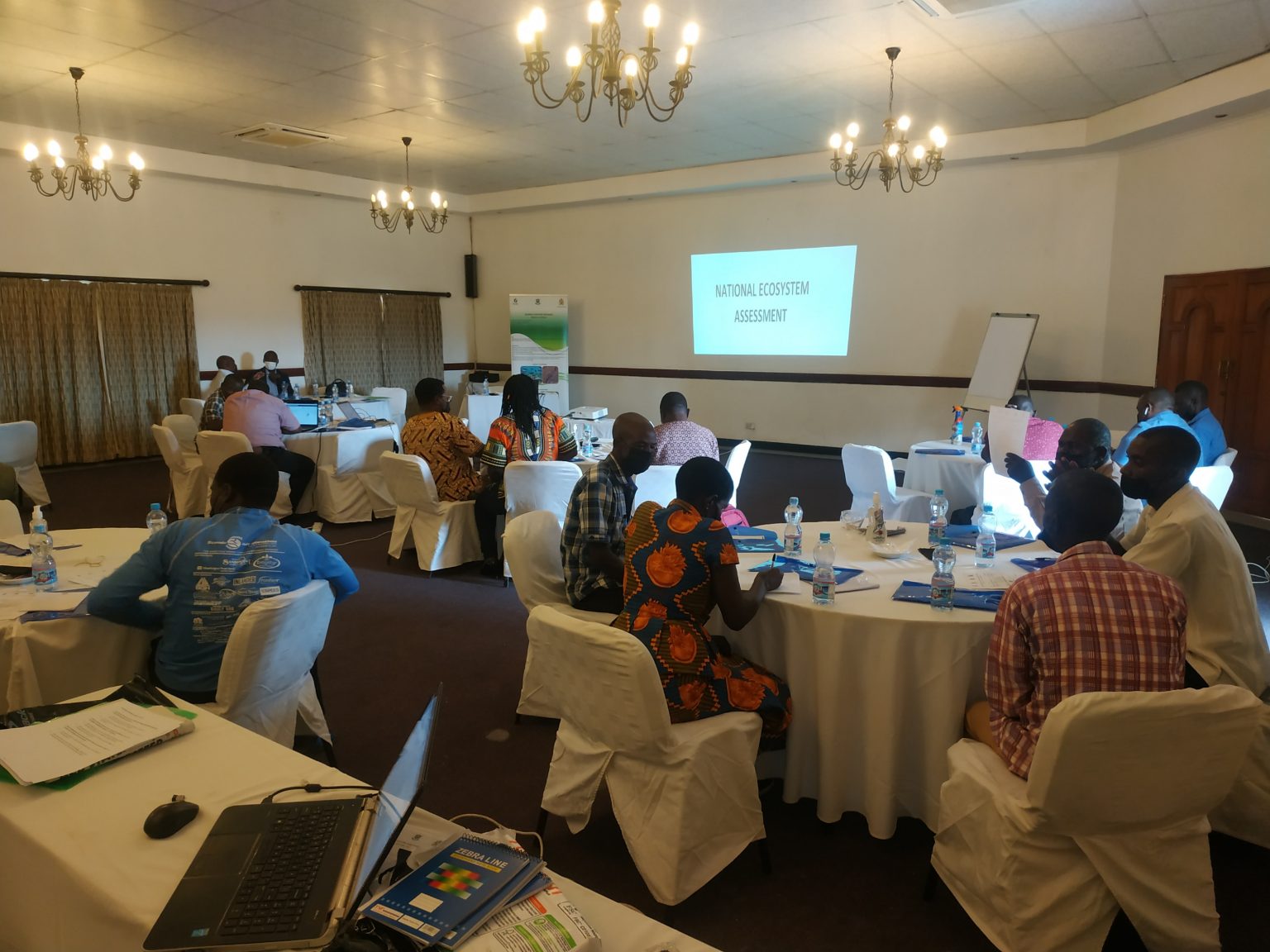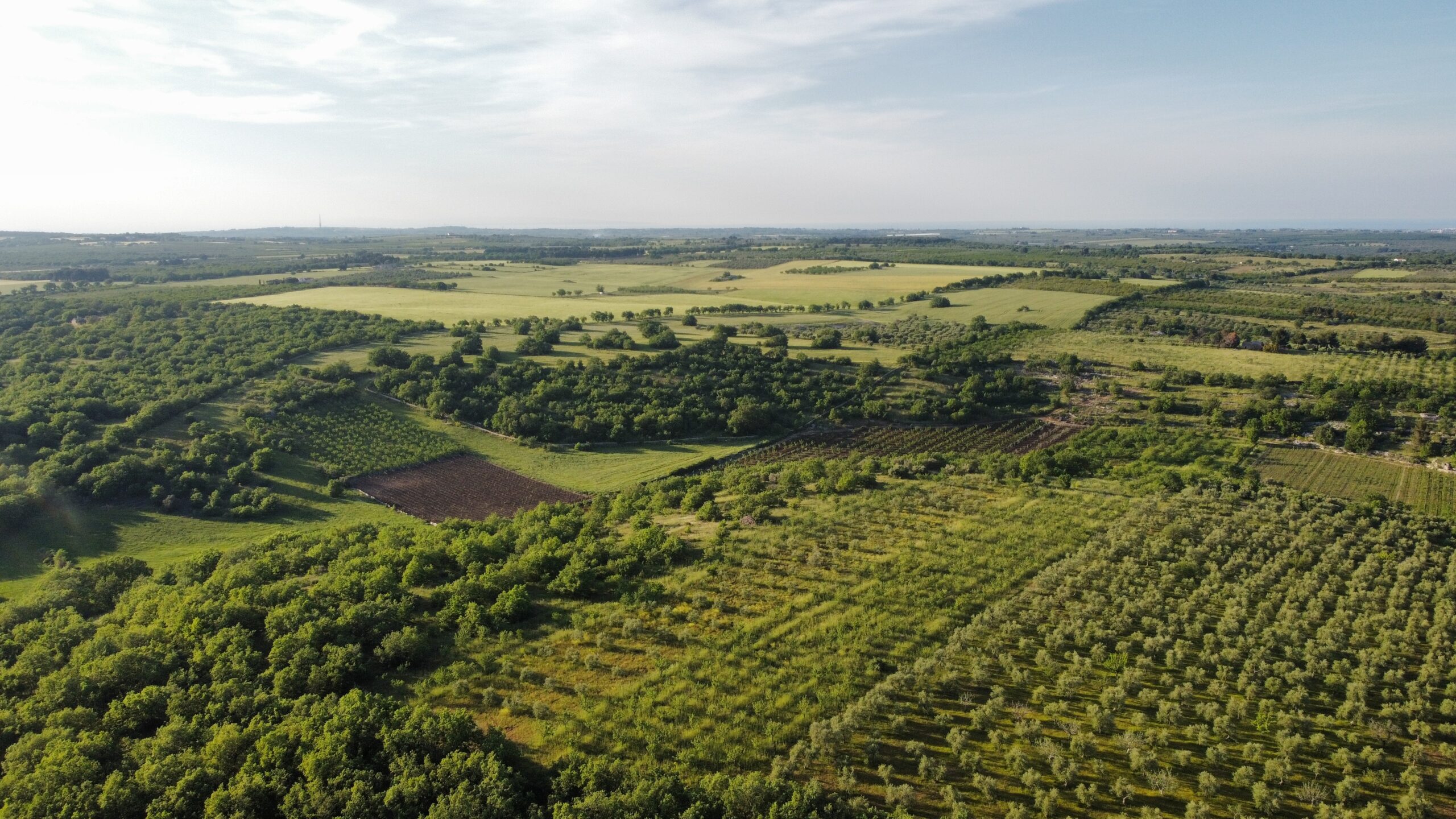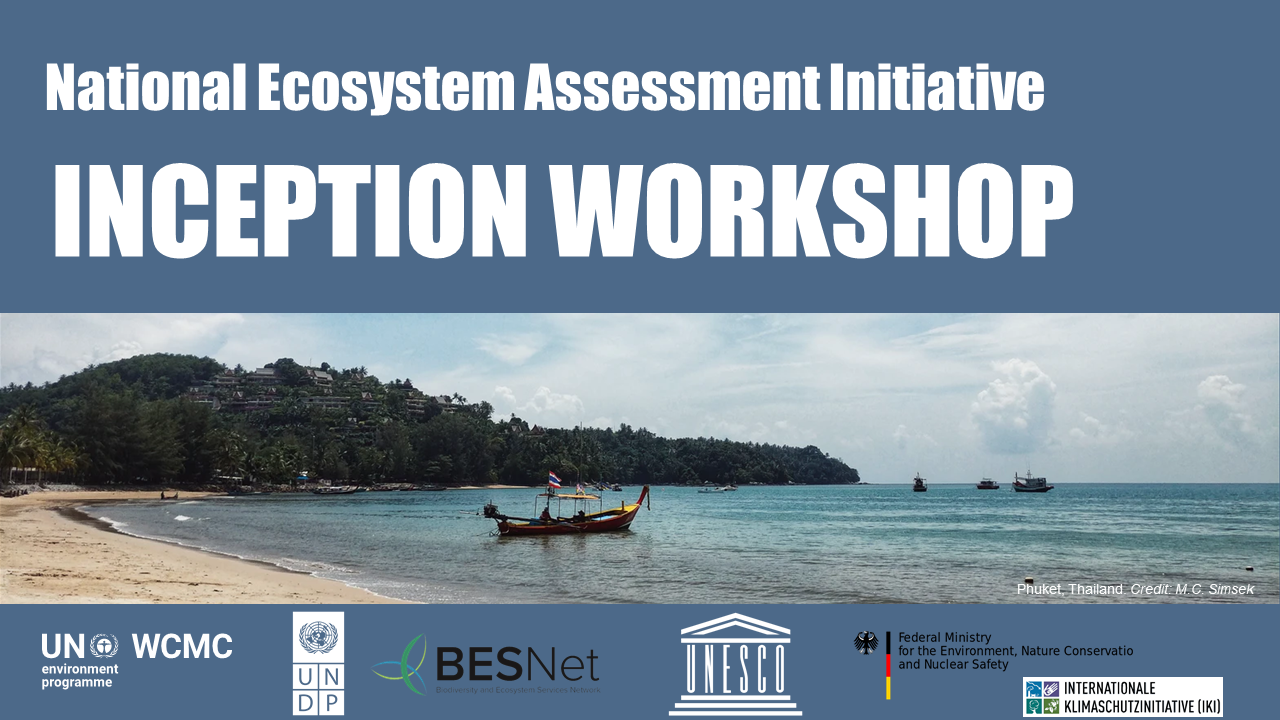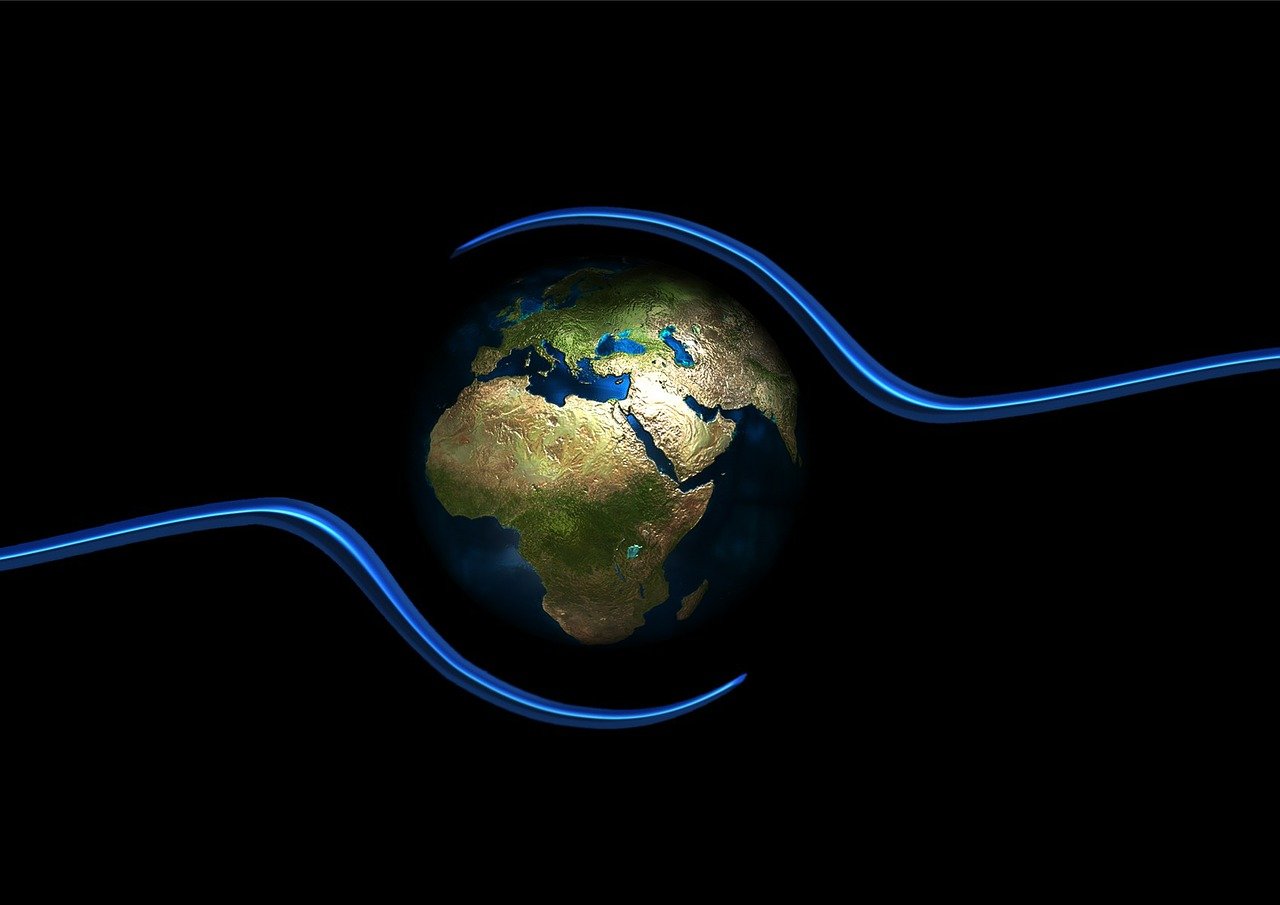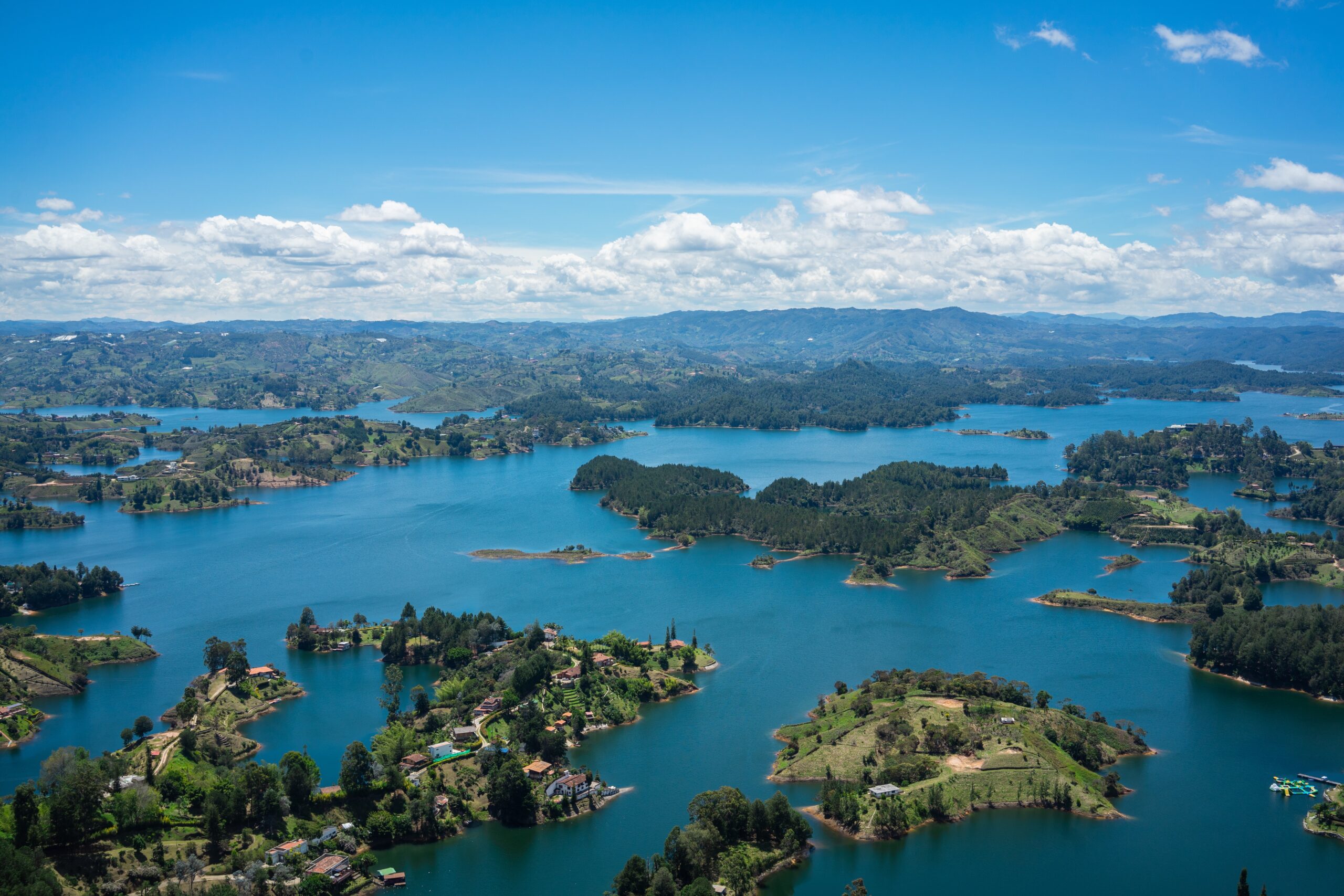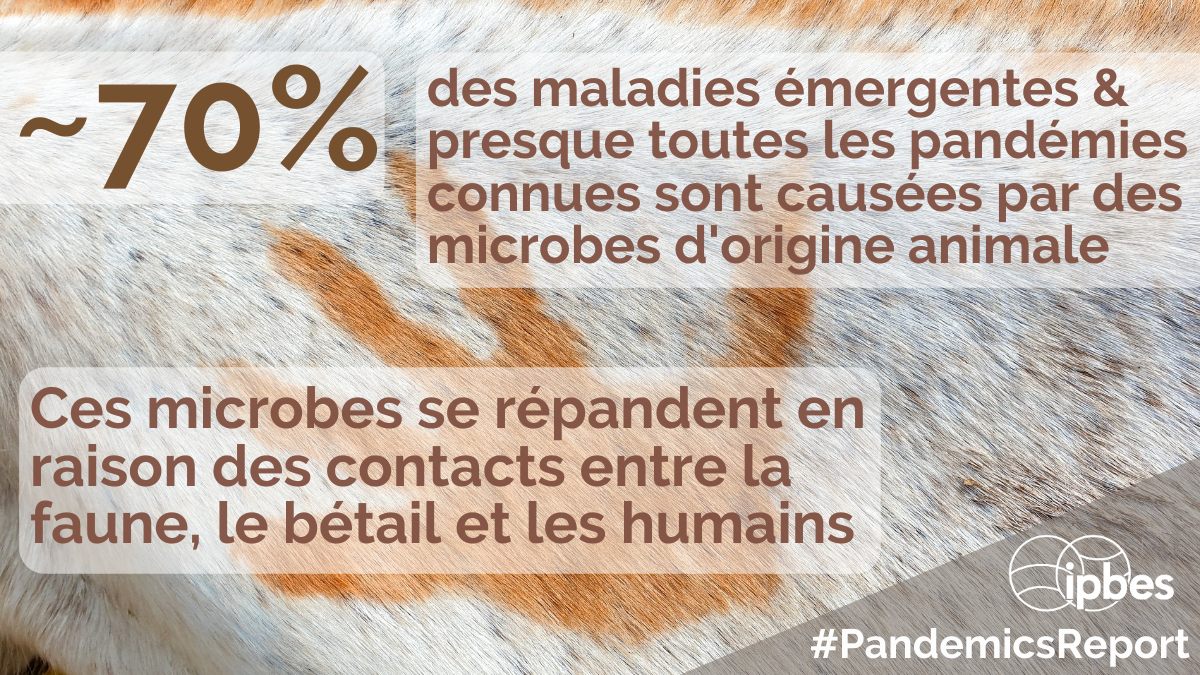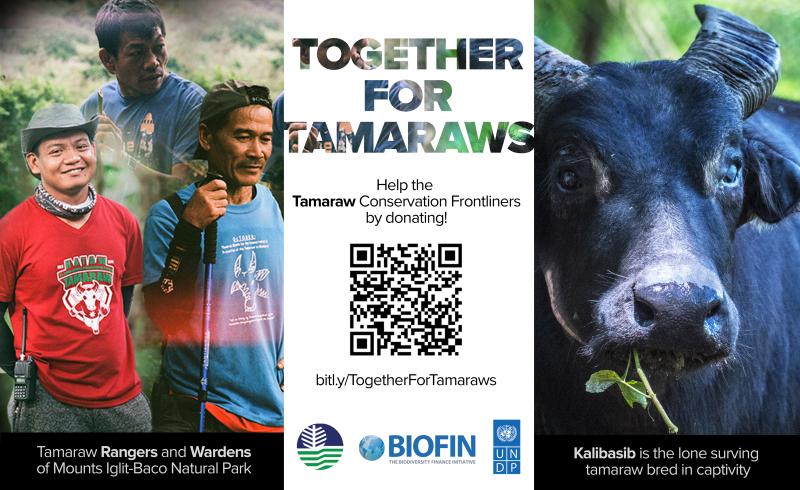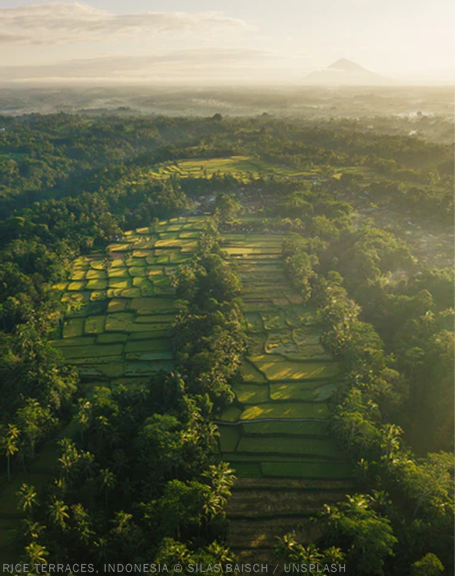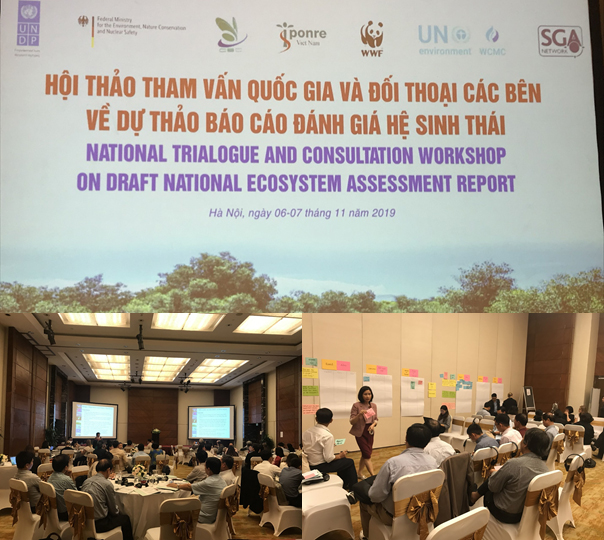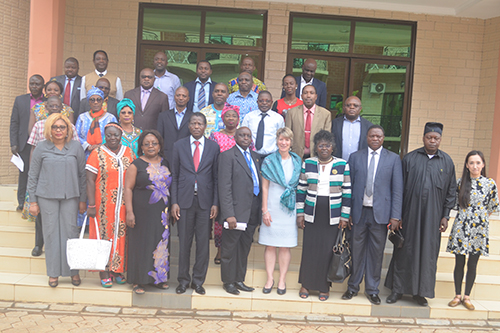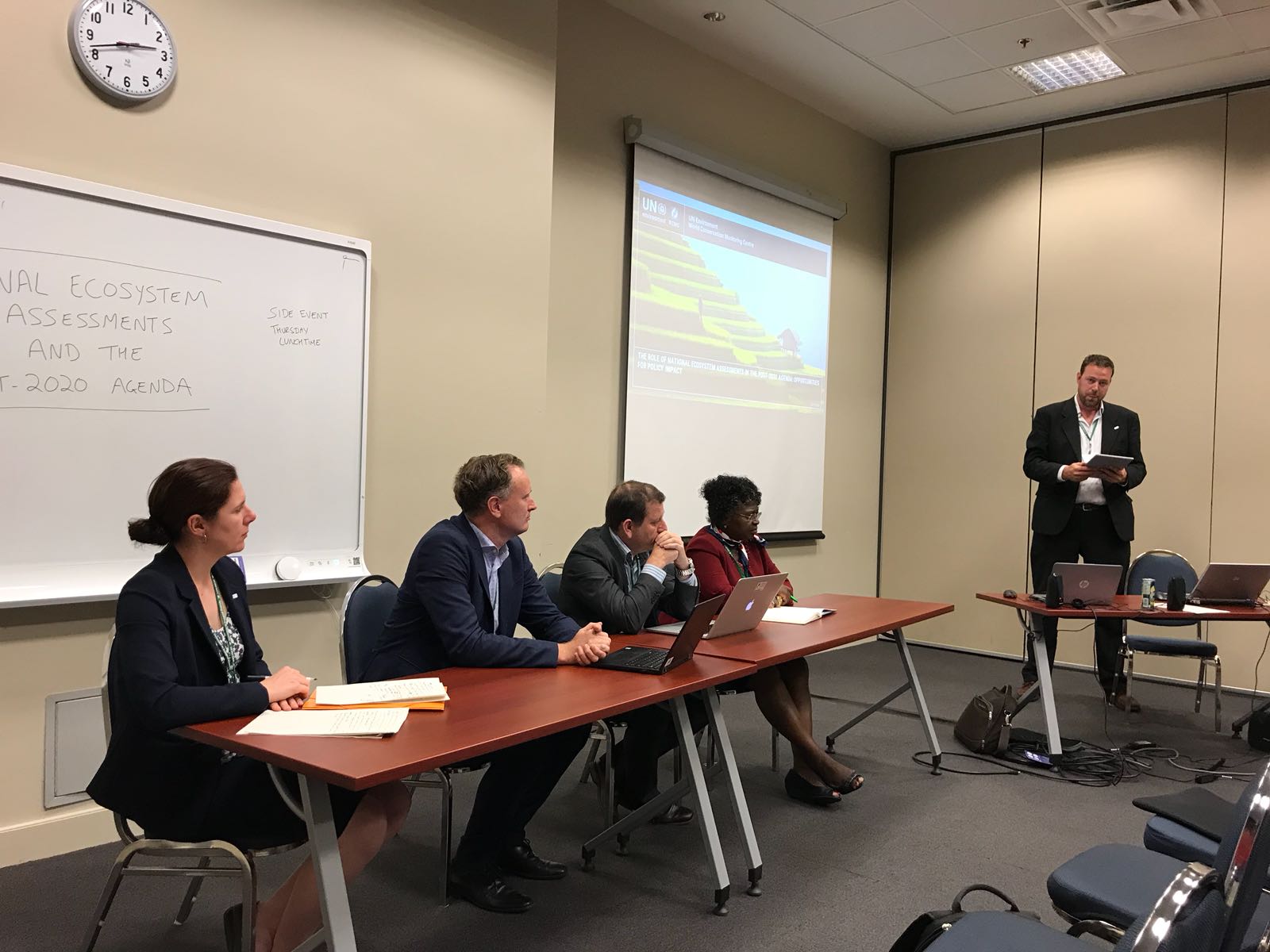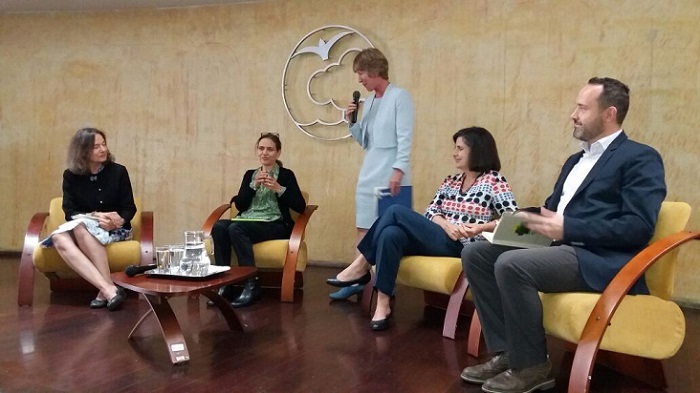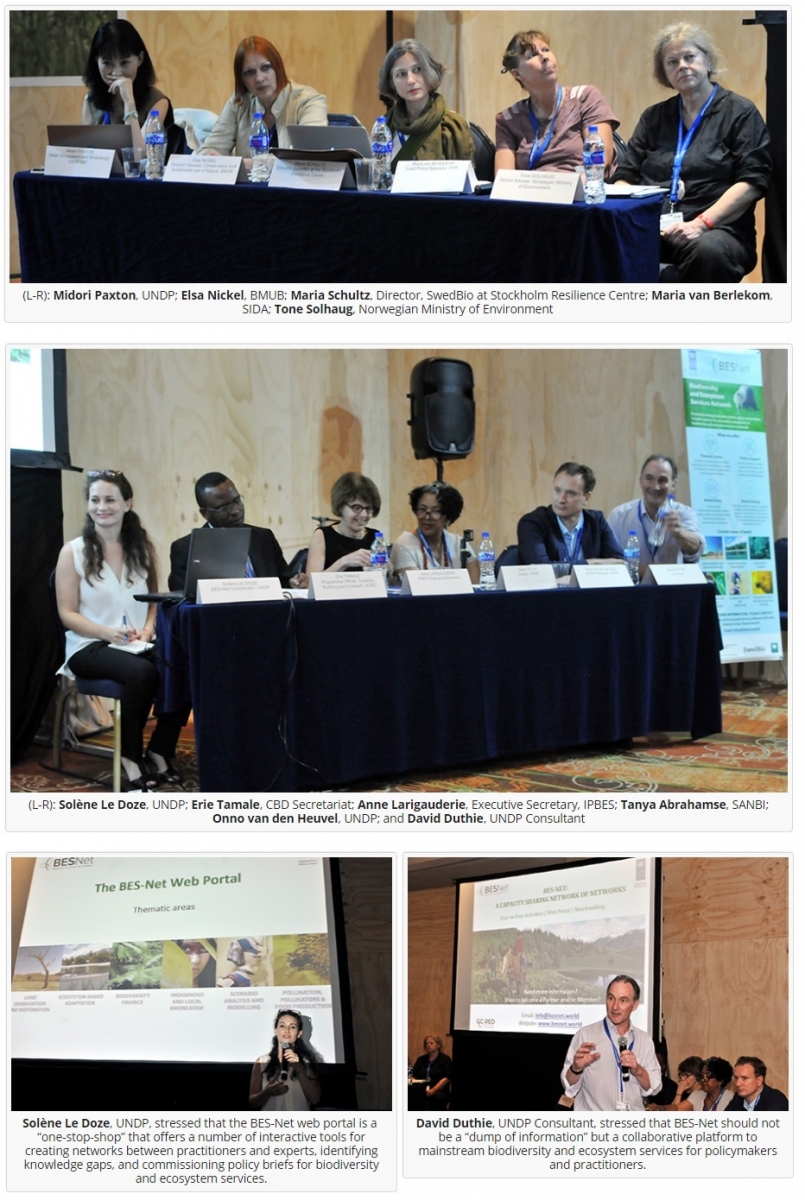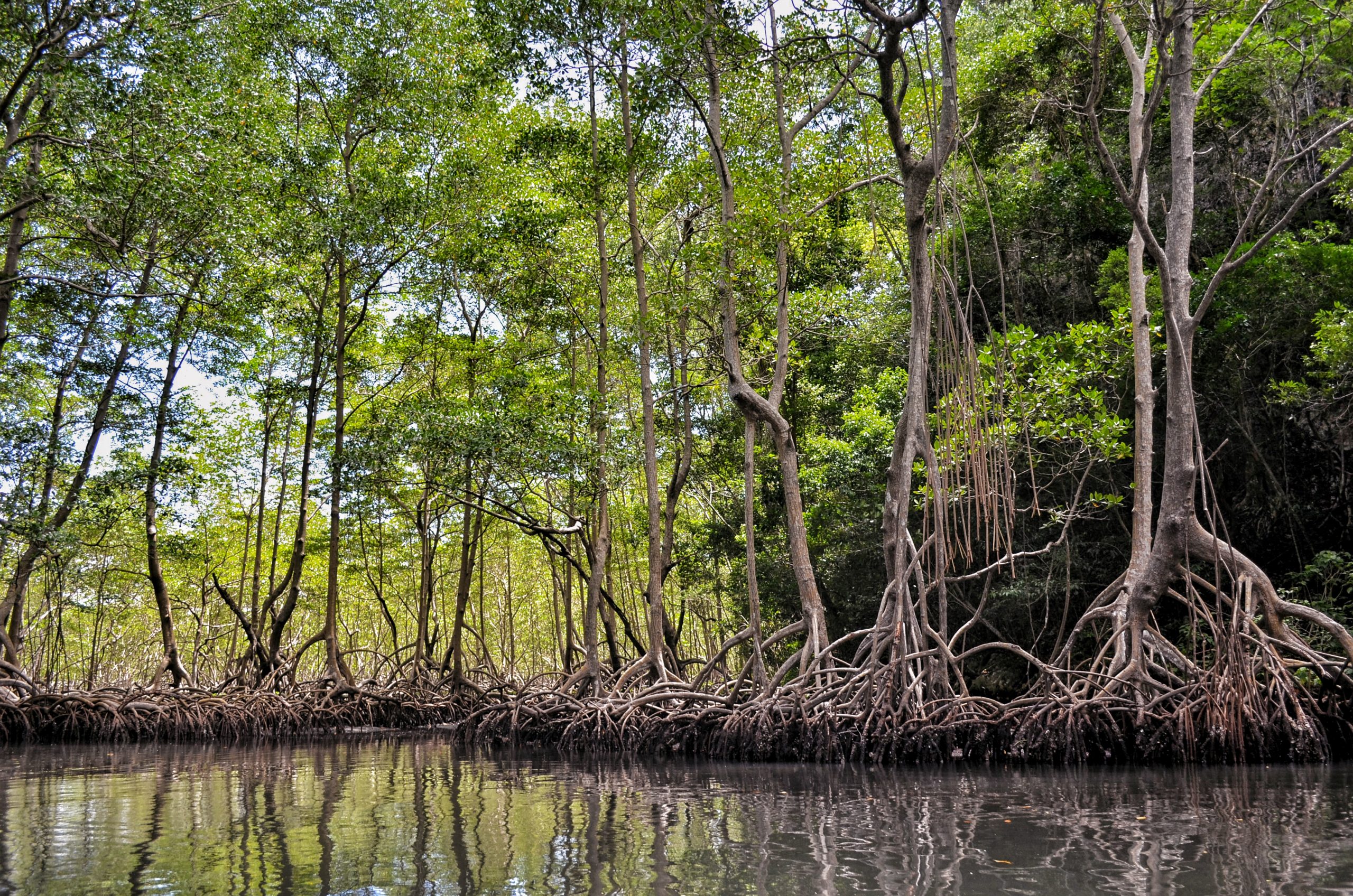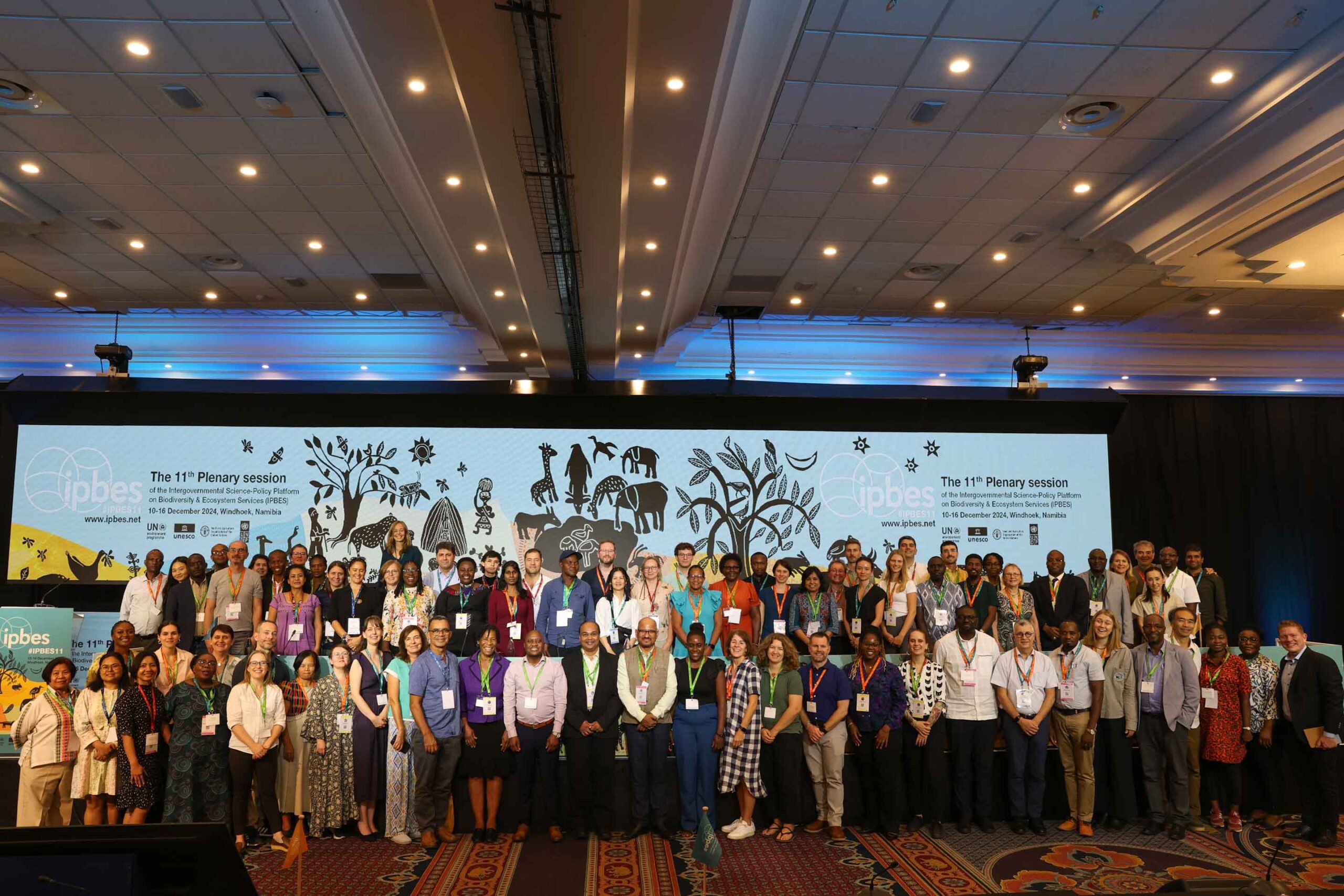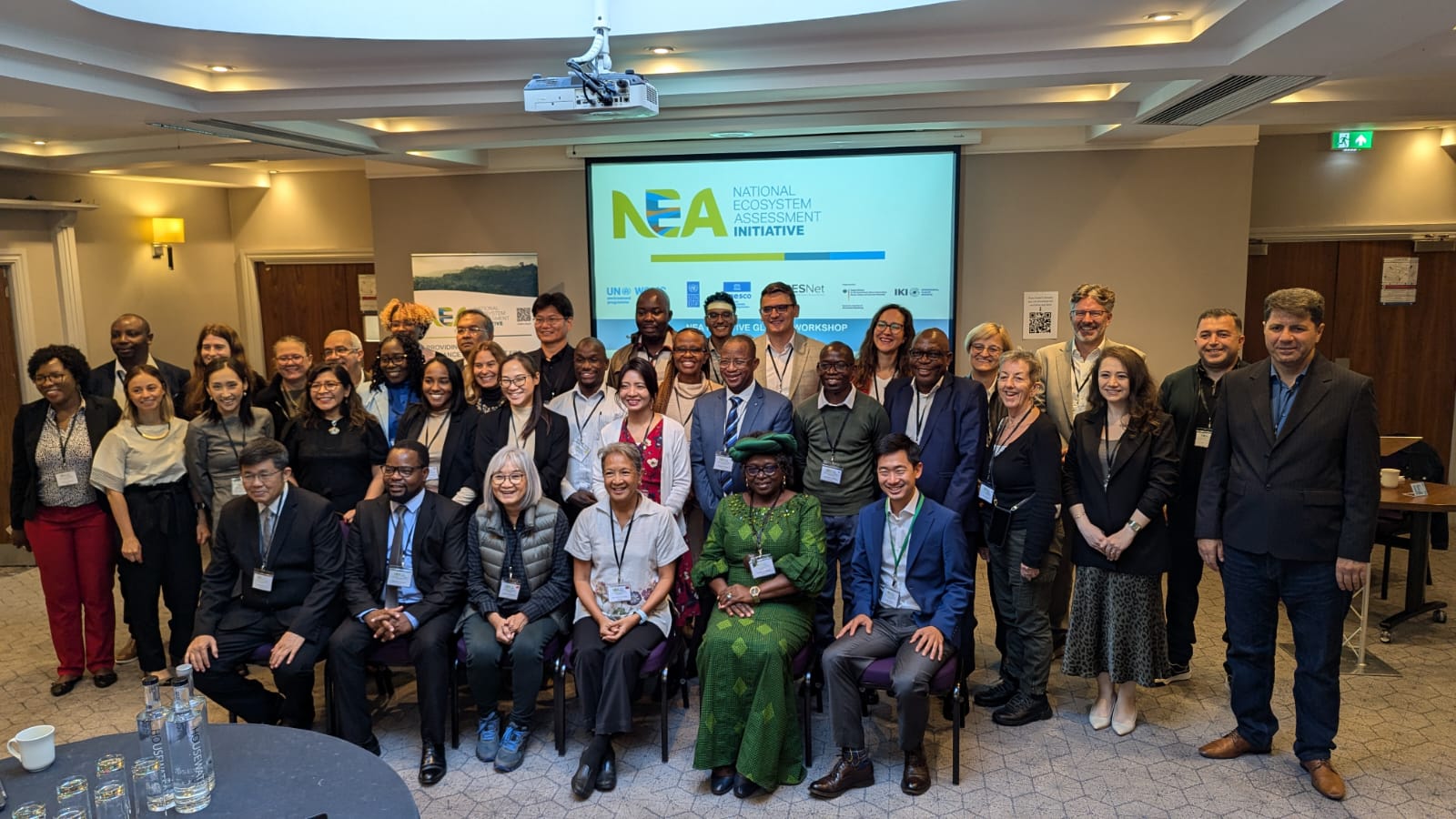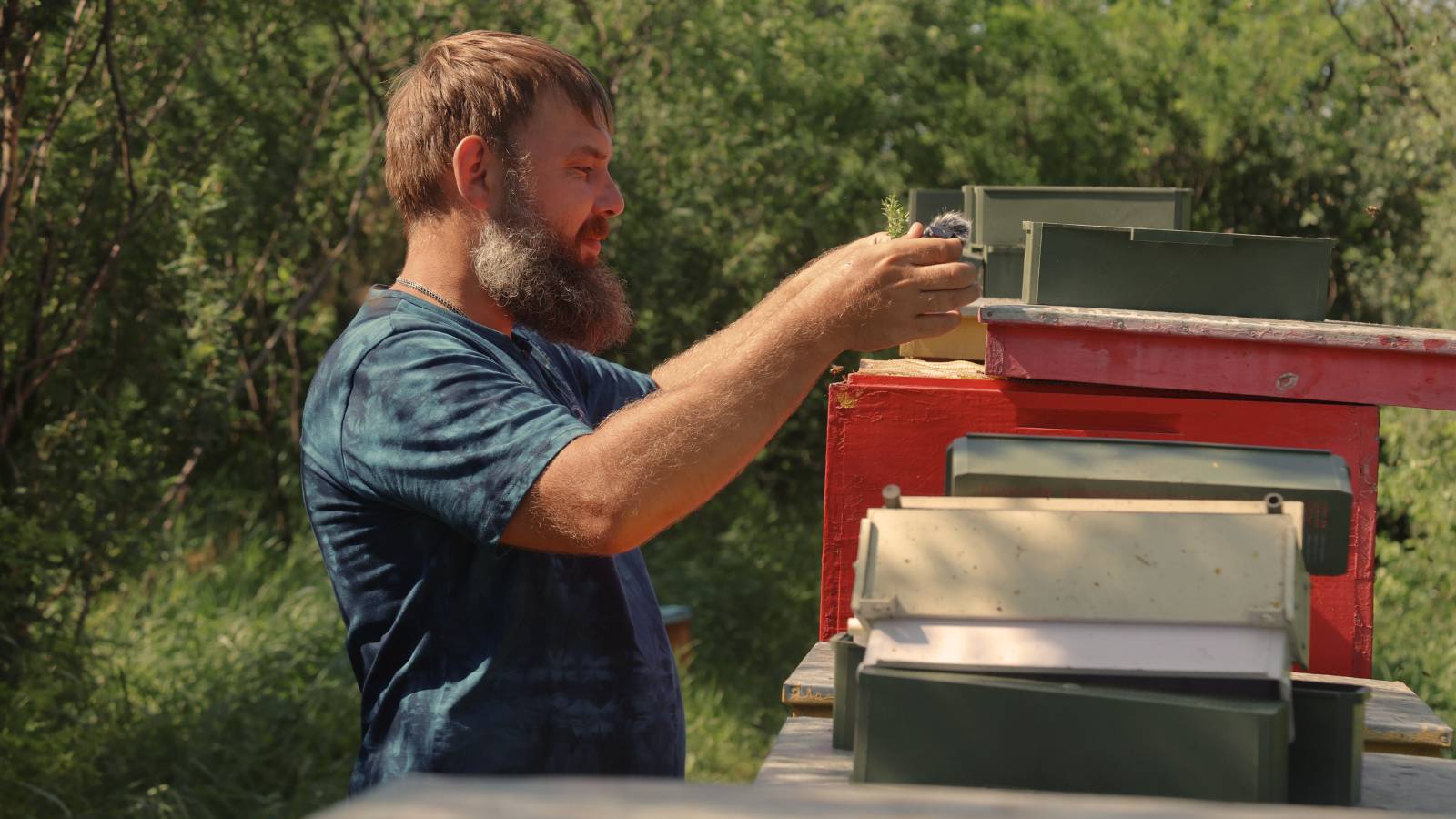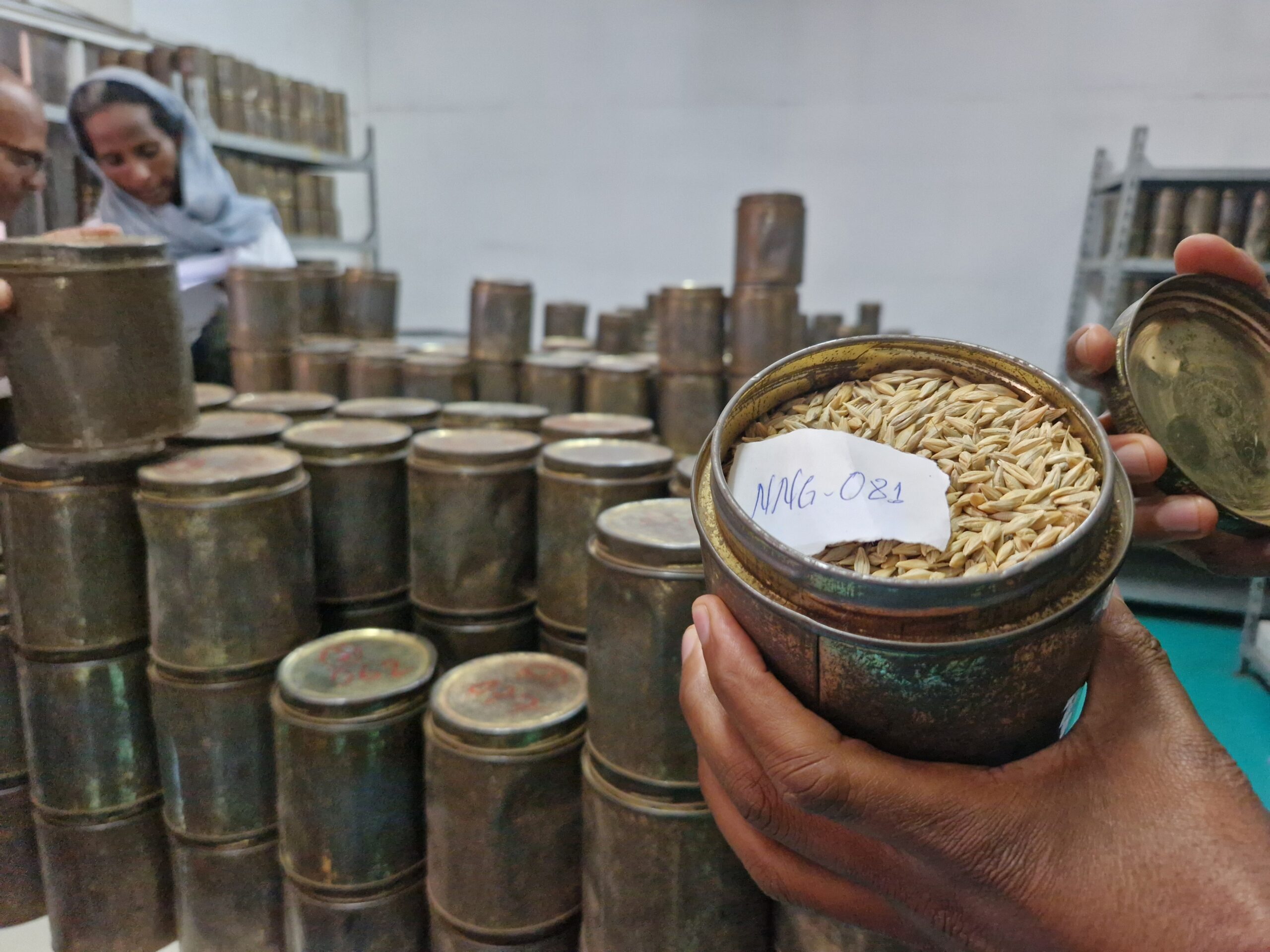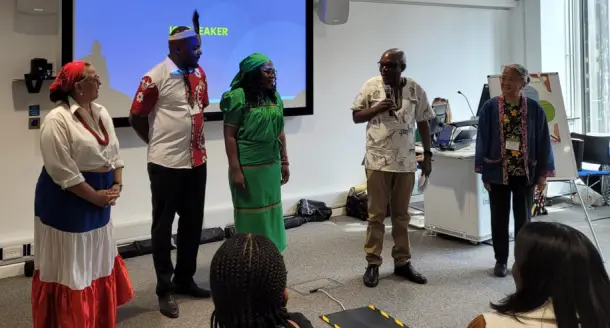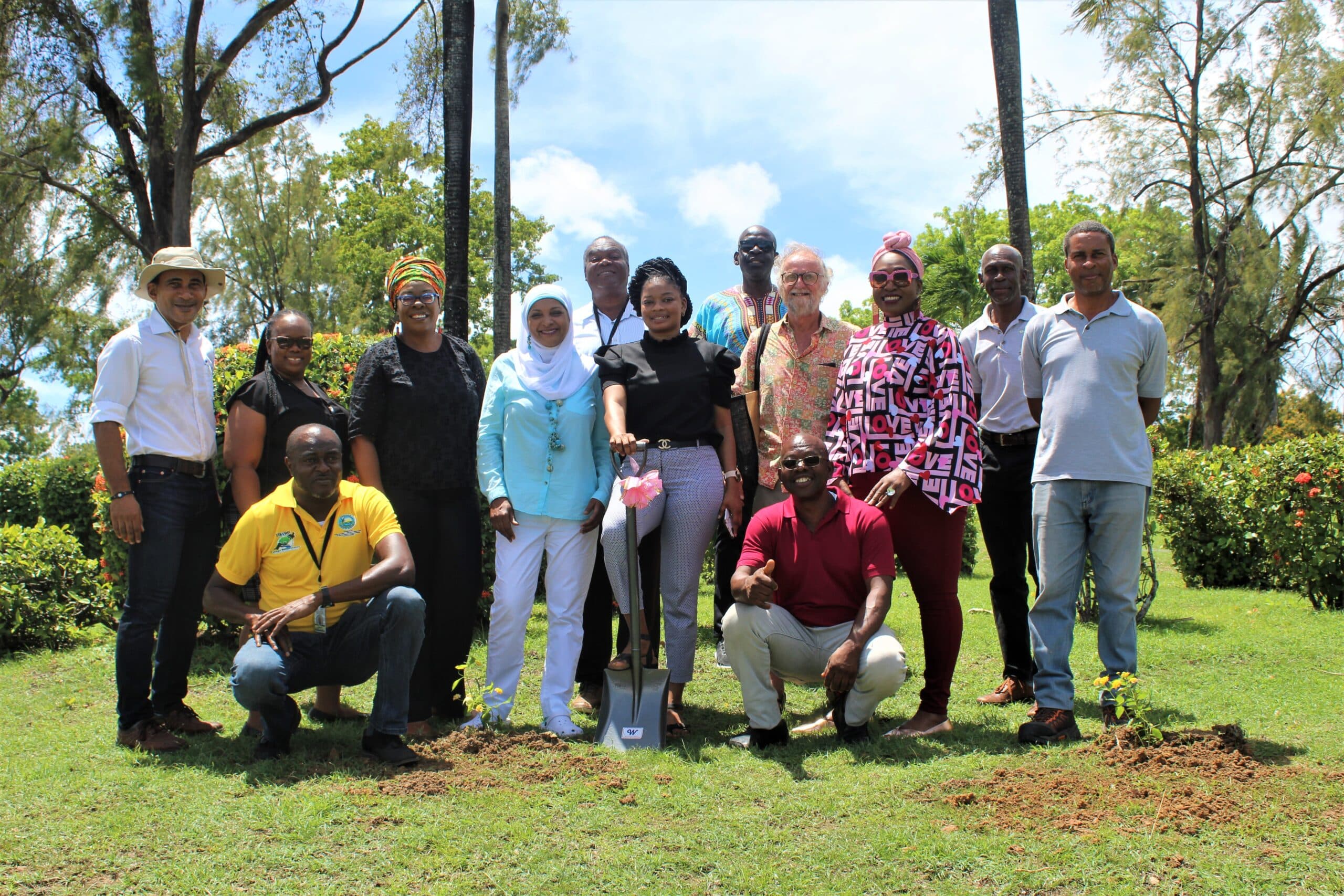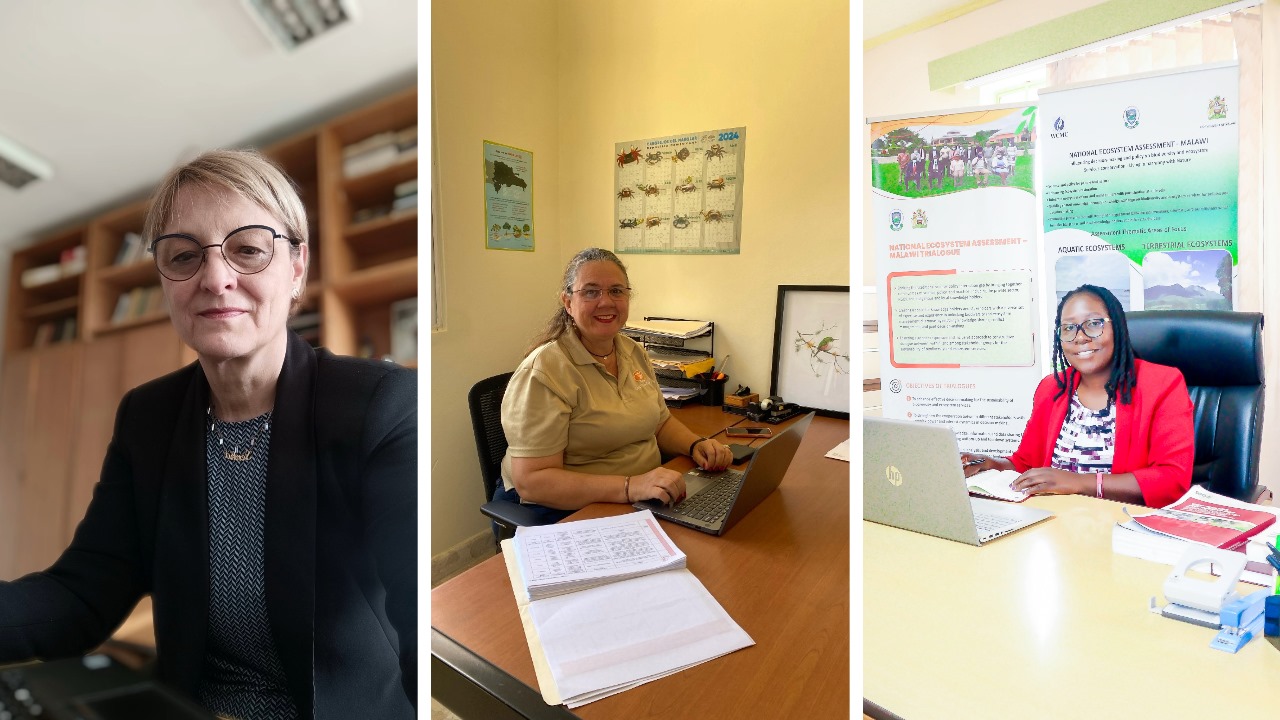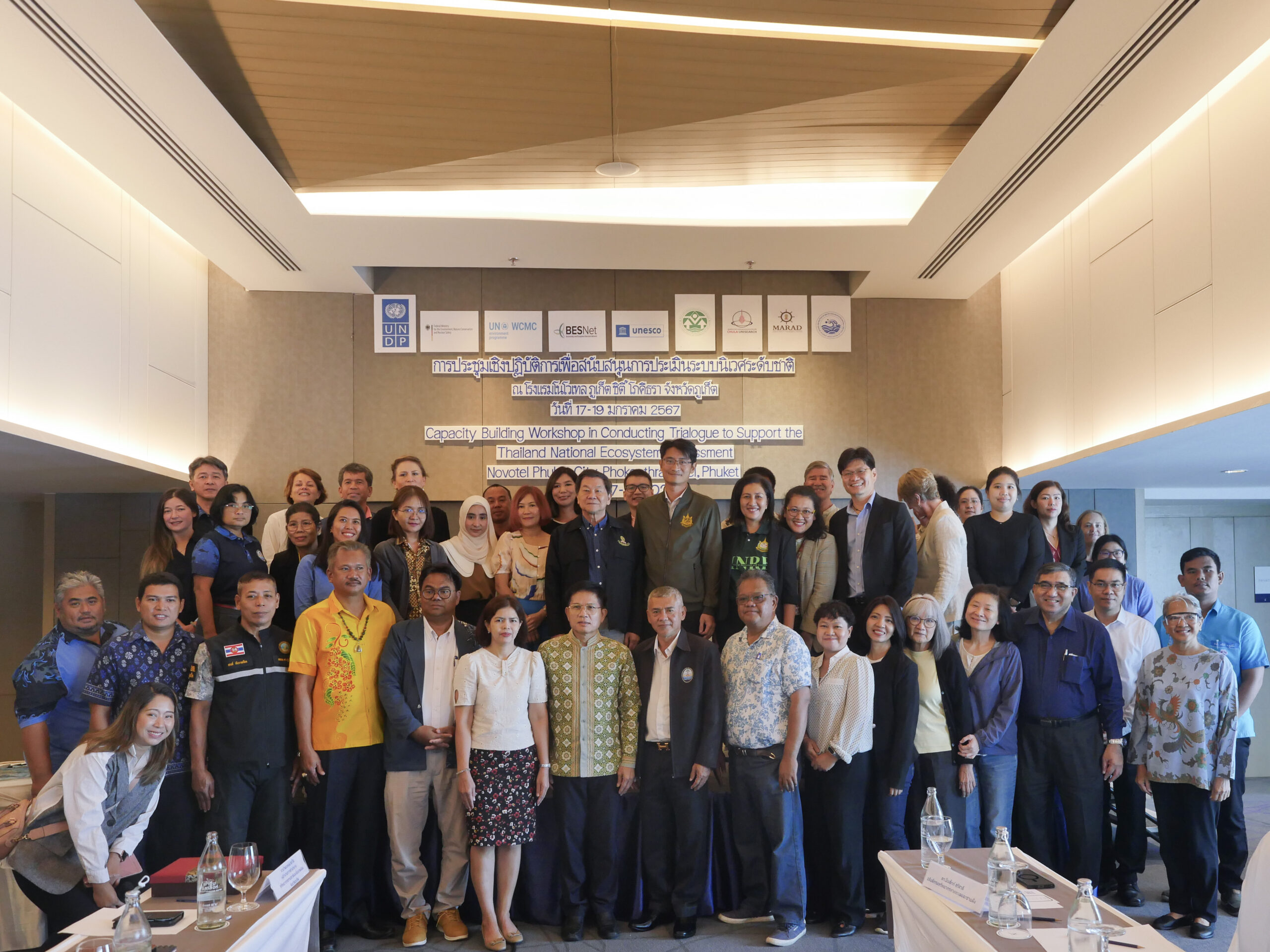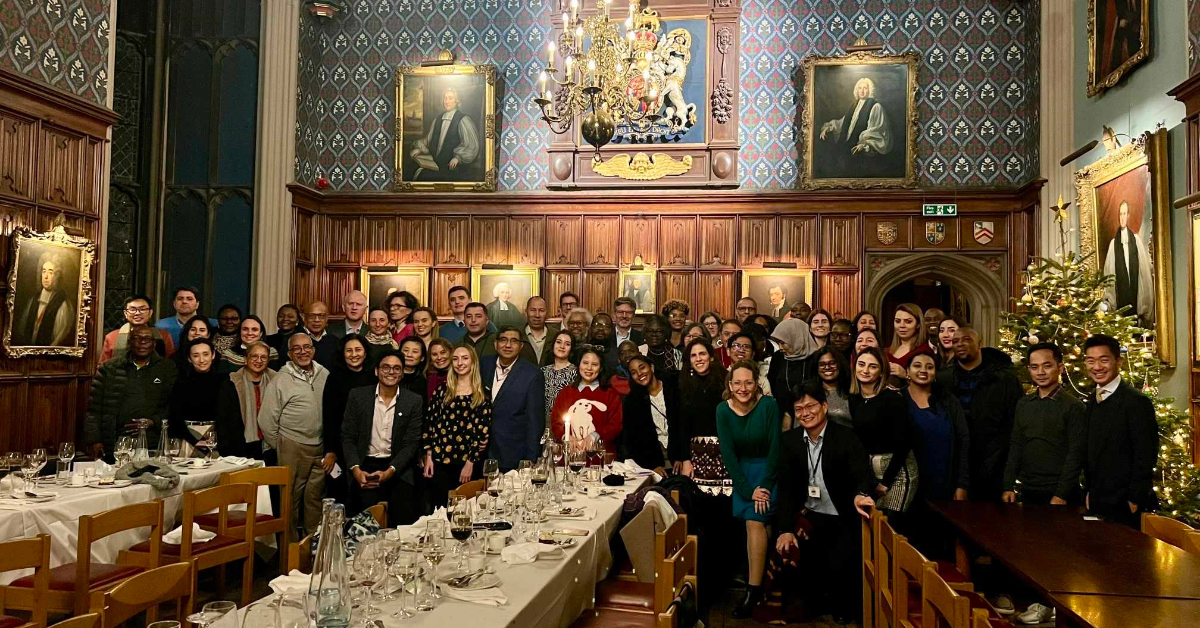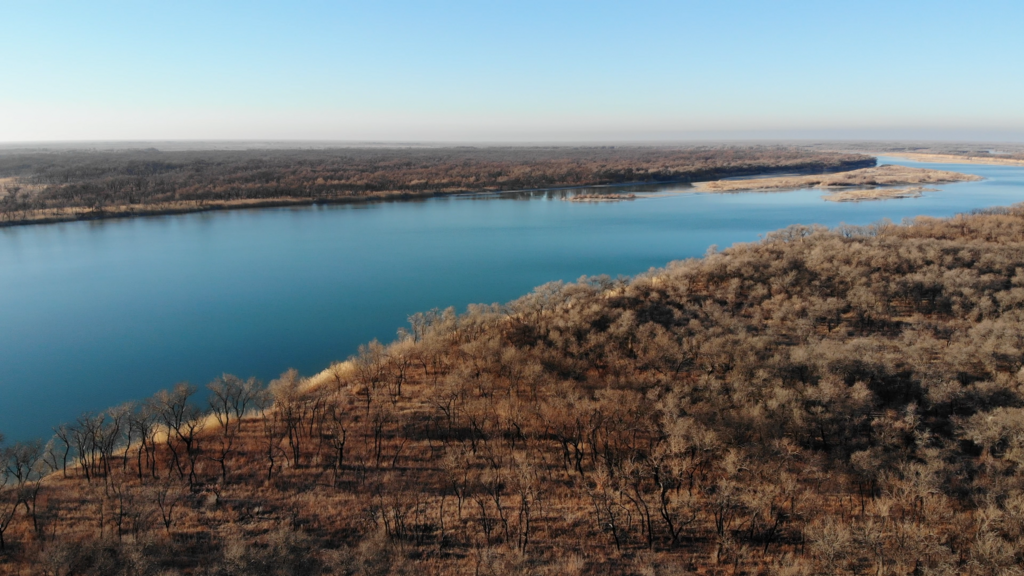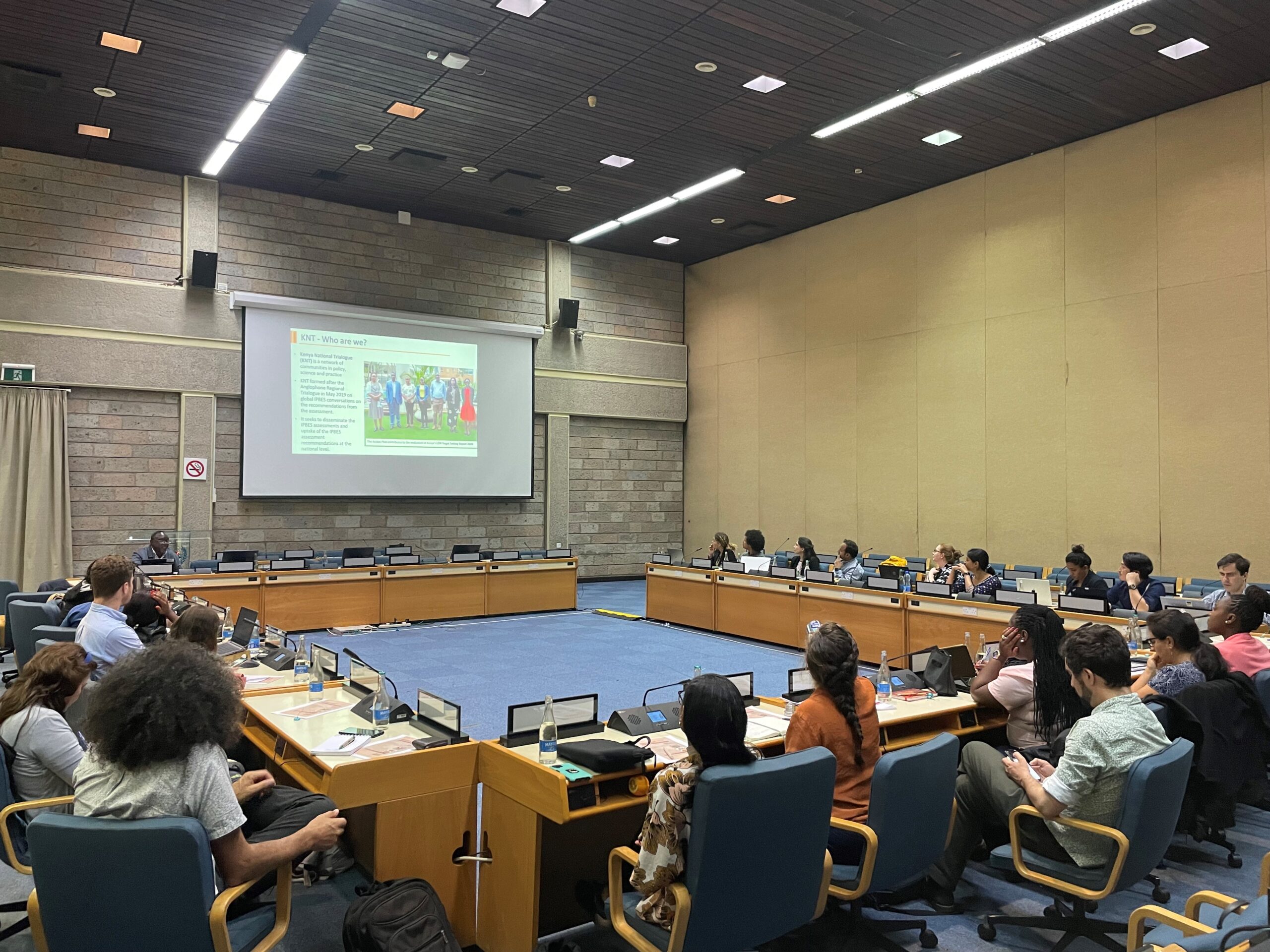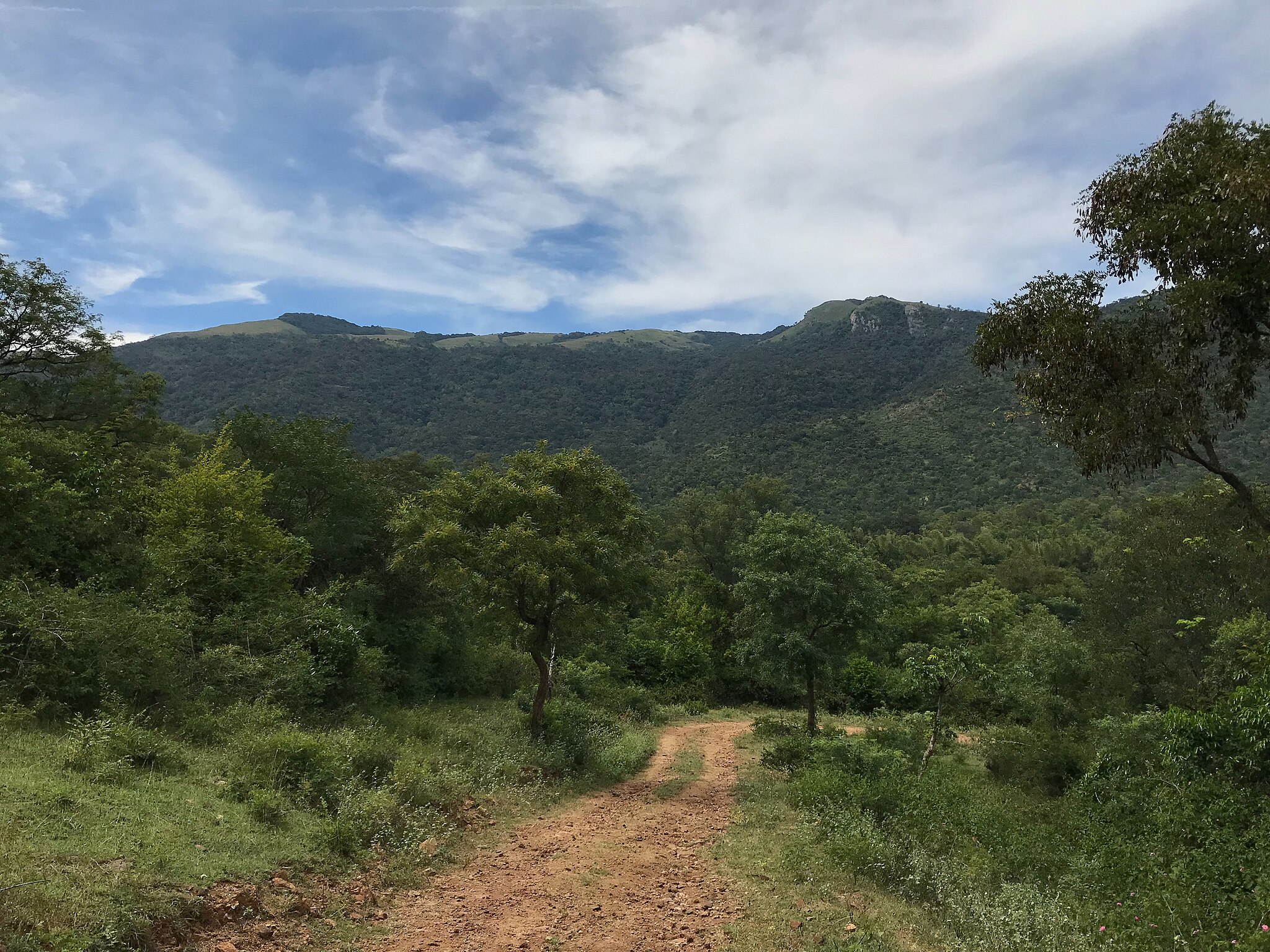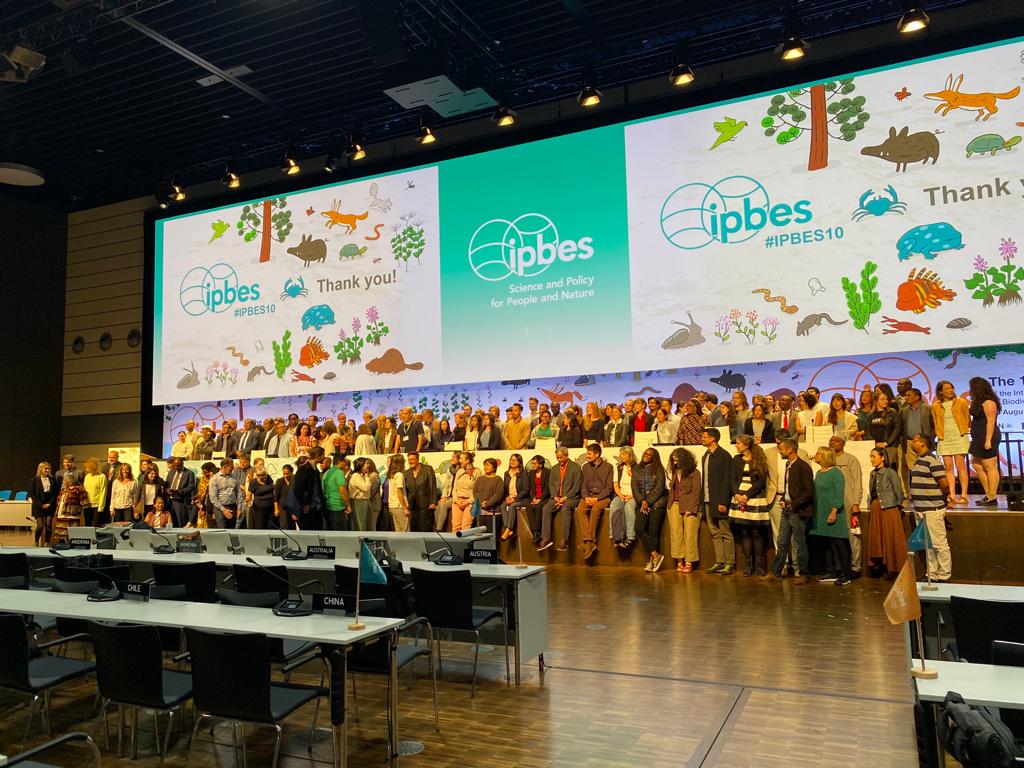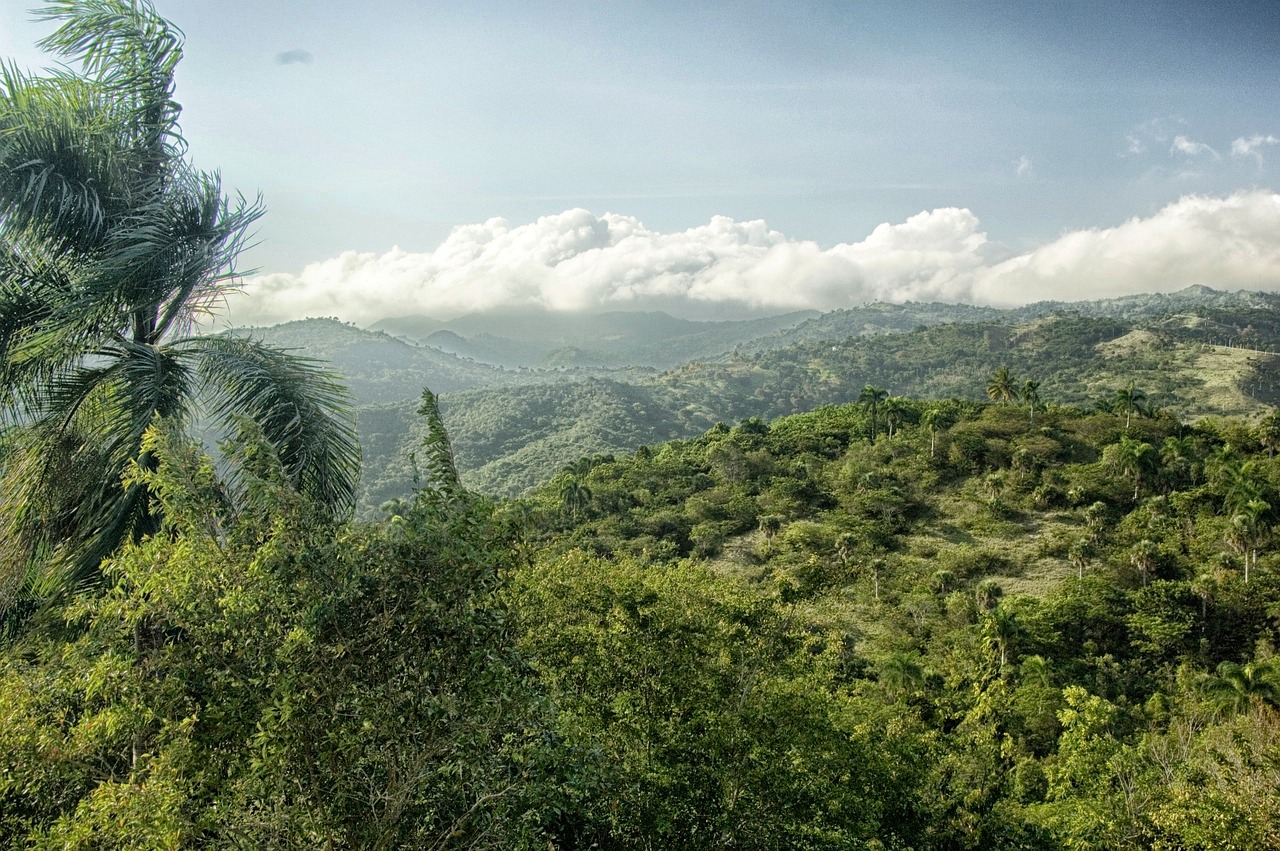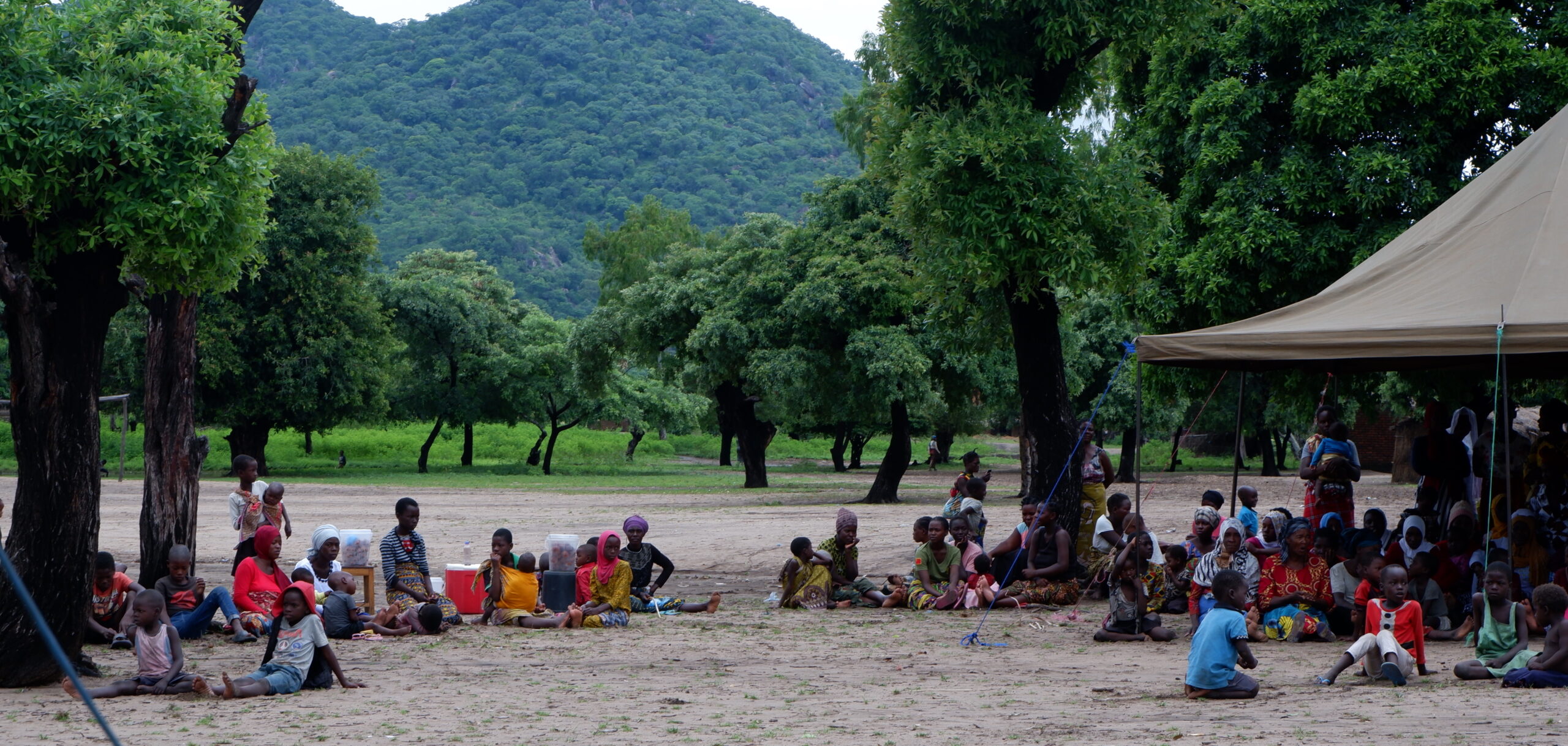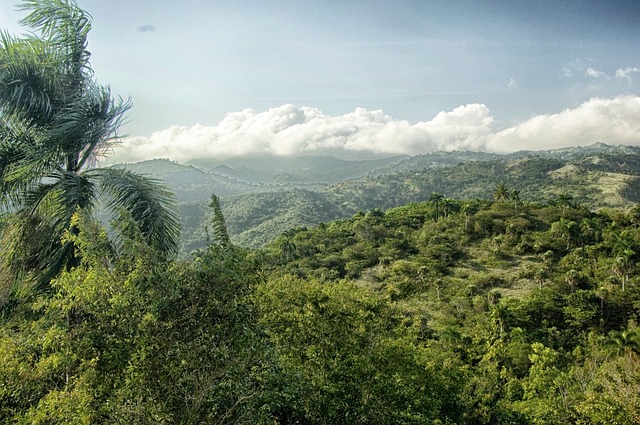Social Sciences and Humanities Network: A Platform for Scholars Contributing to IPBES Assessments

Photo by Alena Koval on Pexels
Photo by Alena Koval on Pexels

Dr. Håkon B. Stokland is a research scientist at NINA (the Norwegian Institute for Nature Research), with expertise in biodiversity governance and science-policy relations. He leads the Social Sciences and Humanities Network related to IPBES (SSH Network) and is currently a lead author in the IPBES Transformative Change Assessment.

Dr. Håkon B. Stokland is a research scientist at NINA (the Norwegian Institute for Nature Research), with expertise in biodiversity governance and science-policy relations. He leads the Social Sciences and Humanities Network related to IPBES (SSH Network) and is currently a lead author in the IPBES Transformative Change Assessment.

Photo by Casey Horner from Unsplash
Photo by Casey Horner from Unsplash
A conversation with Håkon B. Stokland, who leads the work of the Social Sciences and Humanities Network (SSH Network).
The Intergovernmental Science-Policy Platform on Biodiversity and Ecosystem Services (IPBES) has made substantial efforts to pioneer new ways to include knowledge and expertise from the social sciences in its assessment reports. Why is it so critical to do that?

Photo by Alena Koval on Pexels
Photo by Alena Koval on Pexels
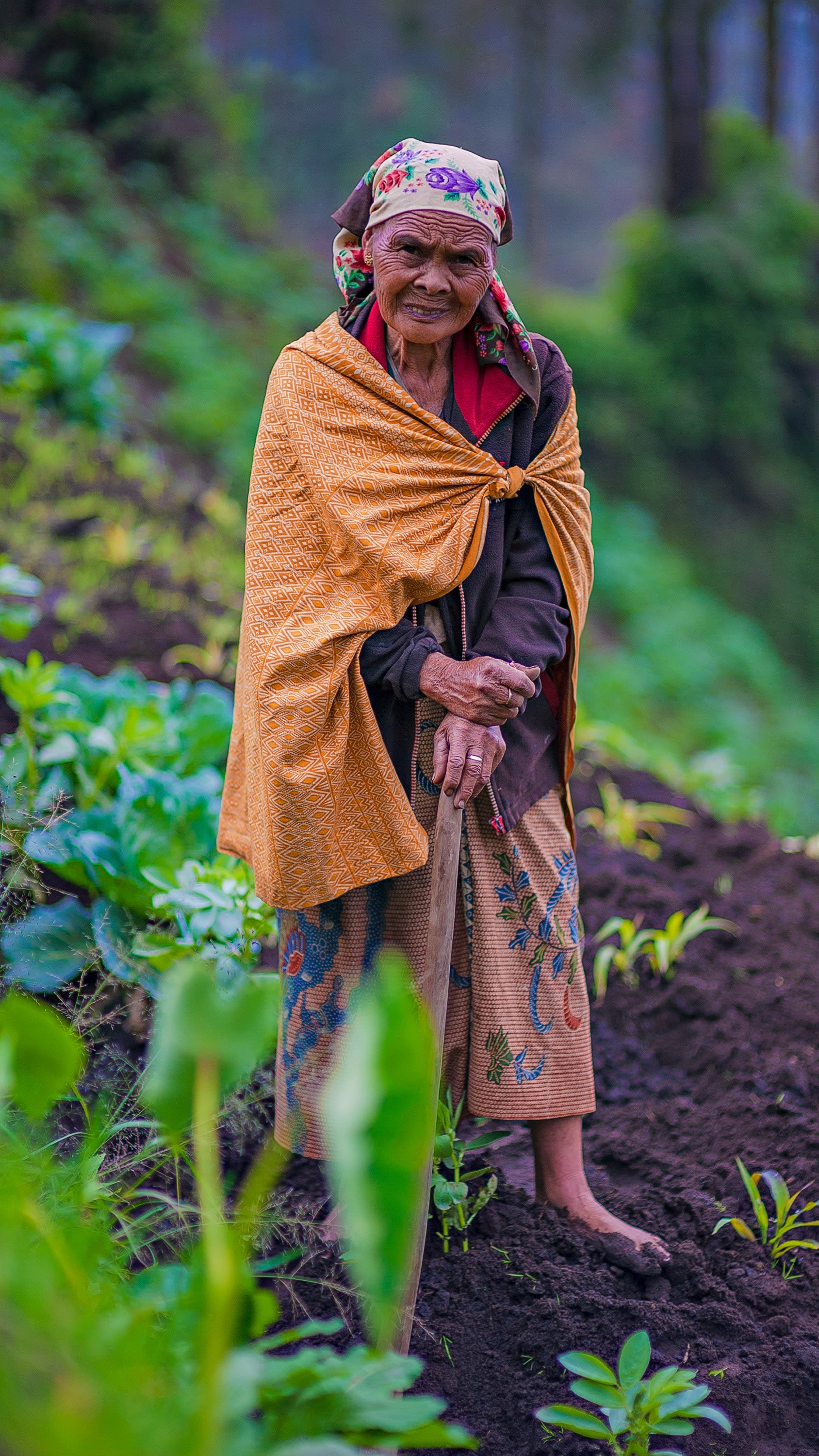
Photo by Vincent Tan on Pexels
Photo by Vincent Tan on Pexels

Photo by Vincent Tan on Pexels
Photo by Vincent Tan on Pexels
Multidisciplinarity is at the core of IPBES’s DNA. Yet, this approach presents the fundamental challenge of addressing the intrinsic link between nature and human culture.
To produce meaningful and policy-relevant biodiversity assessments, IPBES has to integrate knowledge traditionally belonging to natural sciences, such as understanding genes, species and ecosystems, with knowledge of humans and societies.
IPBES’s innovative choice is to face this complexity and not see the world in silos, separating nature from people.
The significance of IPBES’s efforts to foster the inclusion of social sciences and humanities is broadly recognized as an integrative approach, which is a must to produce a solid knowledge base to inform policies. Diverse and transdisciplinary sources of knowledge are essential in achieving dynamic global commitments such as the 2030 Agenda for Sustainable Development and reversing the complex environmental crisis.
What is the role of the SSH Network?

Photo by Gerd Altmann on Pixabay
Photo by Gerd Altmann on Pixabay
Established first as a community of practice, the SSH Network formally became a subgroup of the Open-Ended Network of IPBES Stakeholders (ONet) in 2020. The overarching aim is to unleash the potential of social sciences and humanities in the IPBES context. Specifically, the SSH Network functions as a platform for meeting and knowledge exchange between scholars from the social sciences and humanities already engaged in or interested in engaging with IPBES, as well as experts with a general interest in themes addressed in the IPBES work programme.
We also aim to establish a pool of experts from the social sciences and humanities seeking nominations as experts for IPBES assessments or willing to contribute to the review process.
On the other hand, the SSH Network is dedicated to sharing information about IPBES and the opportunities it holds for scholars from various disciplines, breaking in a way the stigma that some social scientists have on the impossibility of engaging with global environmental assessments.

Photo by Shane Rounce on Unsplash
Photo by Shane Rounce on Unsplash
What are the most significant barriers to engaging expertise beyond natural sciences and what strategies have been put in place to overcome these obstacles?

Photo by Mikhail Nilove on Pexels
Photo by Mikhail Nilove on Pexels
Applying a multidisciplinary approach is not easy! Before IPBES, there was often a lack of meaningful engagement of social scientists from various fields in global environmental assessments. This created a gap in practices, tools and understanding of what such assessments constitute. Scepticism also exists within the communities of social sciences and humanities regarding the participation in and contribution to such assessments on equal terms with experts from other research fields.
An effective and revolutionary strategy adopted by IPBES consists in reconsidering basic ontological and epistemological considerations or, to put it more simply, how we understand the world, what knowledge is and what the role of science is. It is a monumental endeavour and a burning need at the same time, and the SSH Network will support IPBES in leading interdisciplinary dialogues that work on developing innovative frames and terminologies.
Can you share some insights into the future activities of the SSH Network and news about any upcoming activities?

Photo by Maksim Goncharenok on Pexels
Photo by Maksim Goncharenok on Pexels
In 2023, the SSH Network plans to resume a series of webinars to delve into the contributions of a wide range of social sciences and humanities approaches, which can provide relevant perspectives to ongoing IPBES assessments. From the first semester of 2023, we will focus on the transformative change assessment, so stay tuned!
Are you interested in the work of the SSH Network? Please visit the website to learn more, watch the recordings of the previous webinars and register in one click to receive news on SSH activities directly in your inbox.



